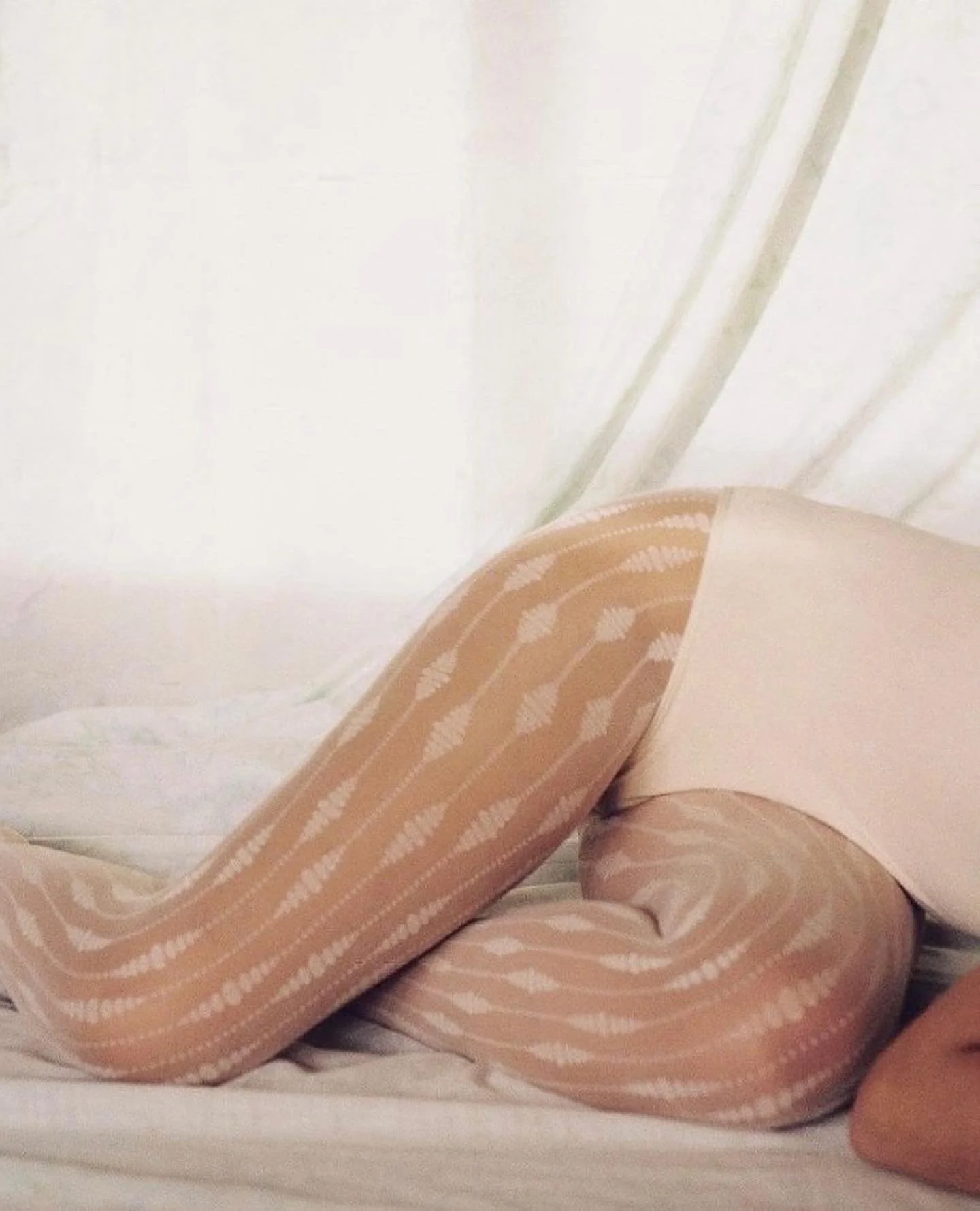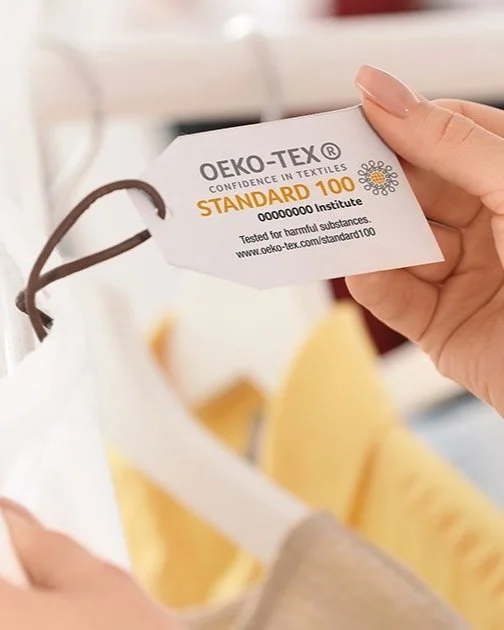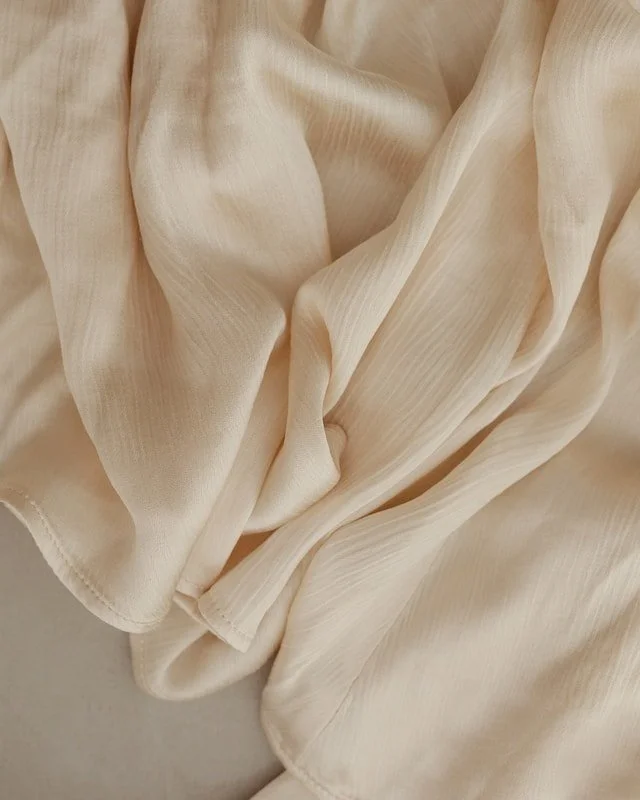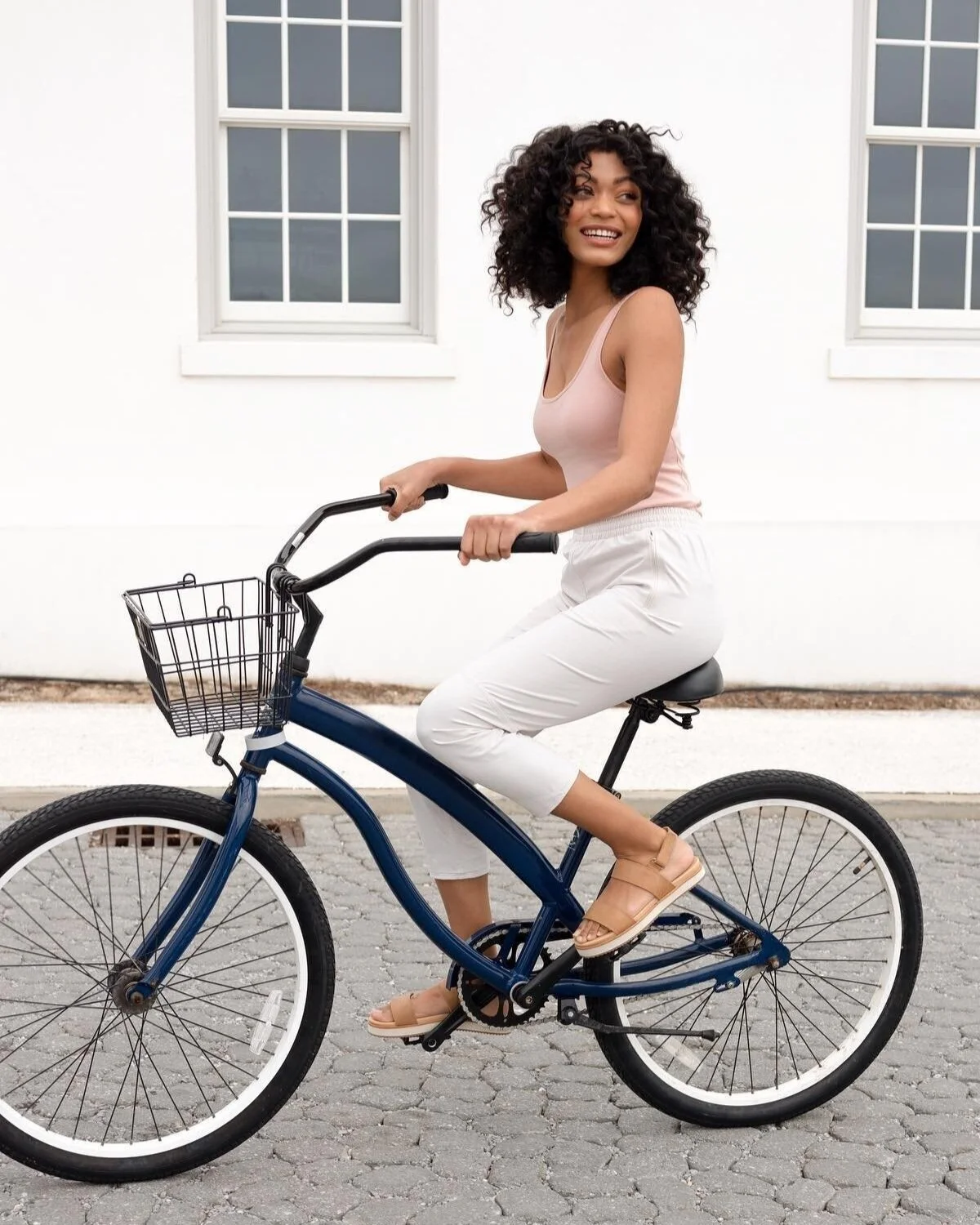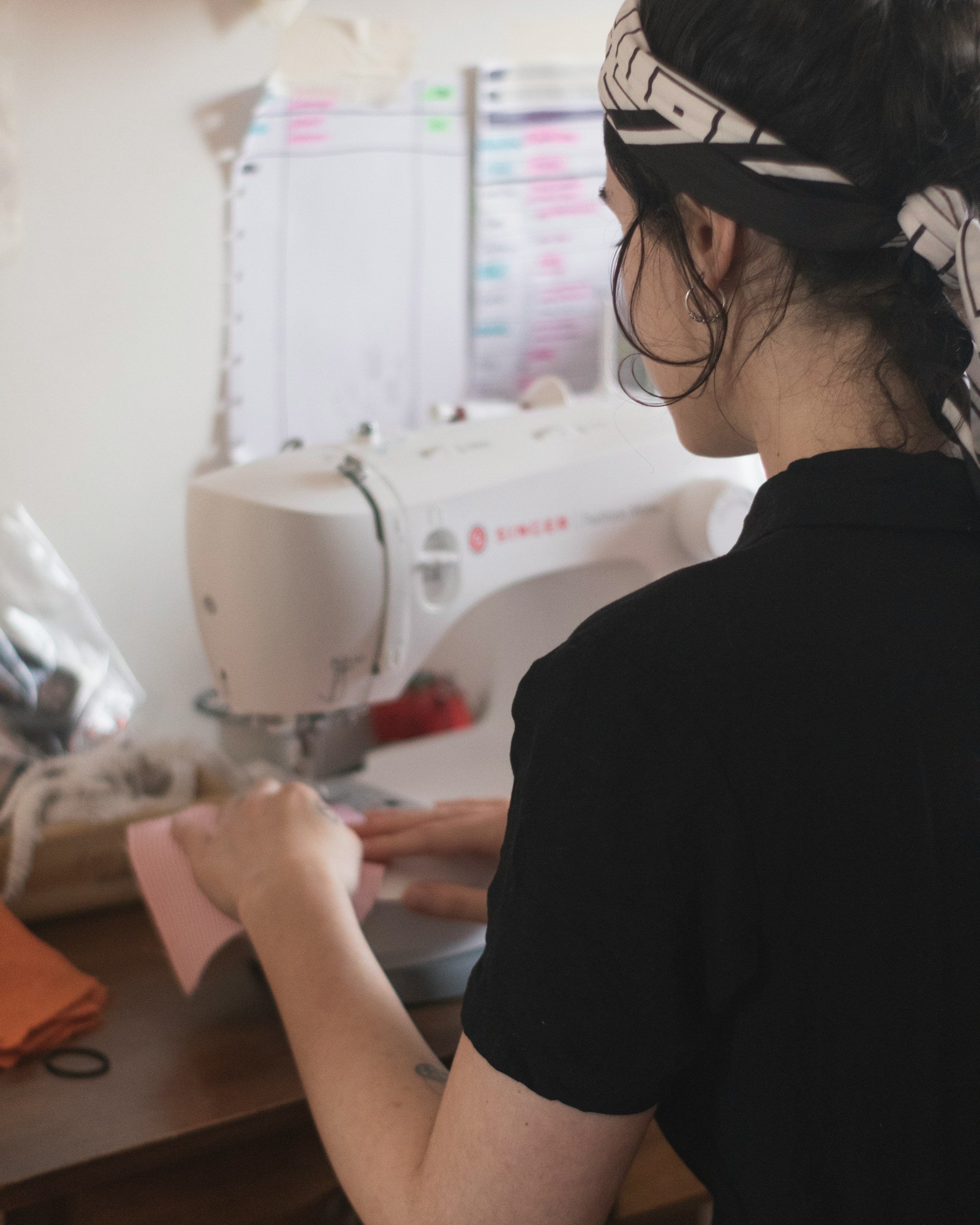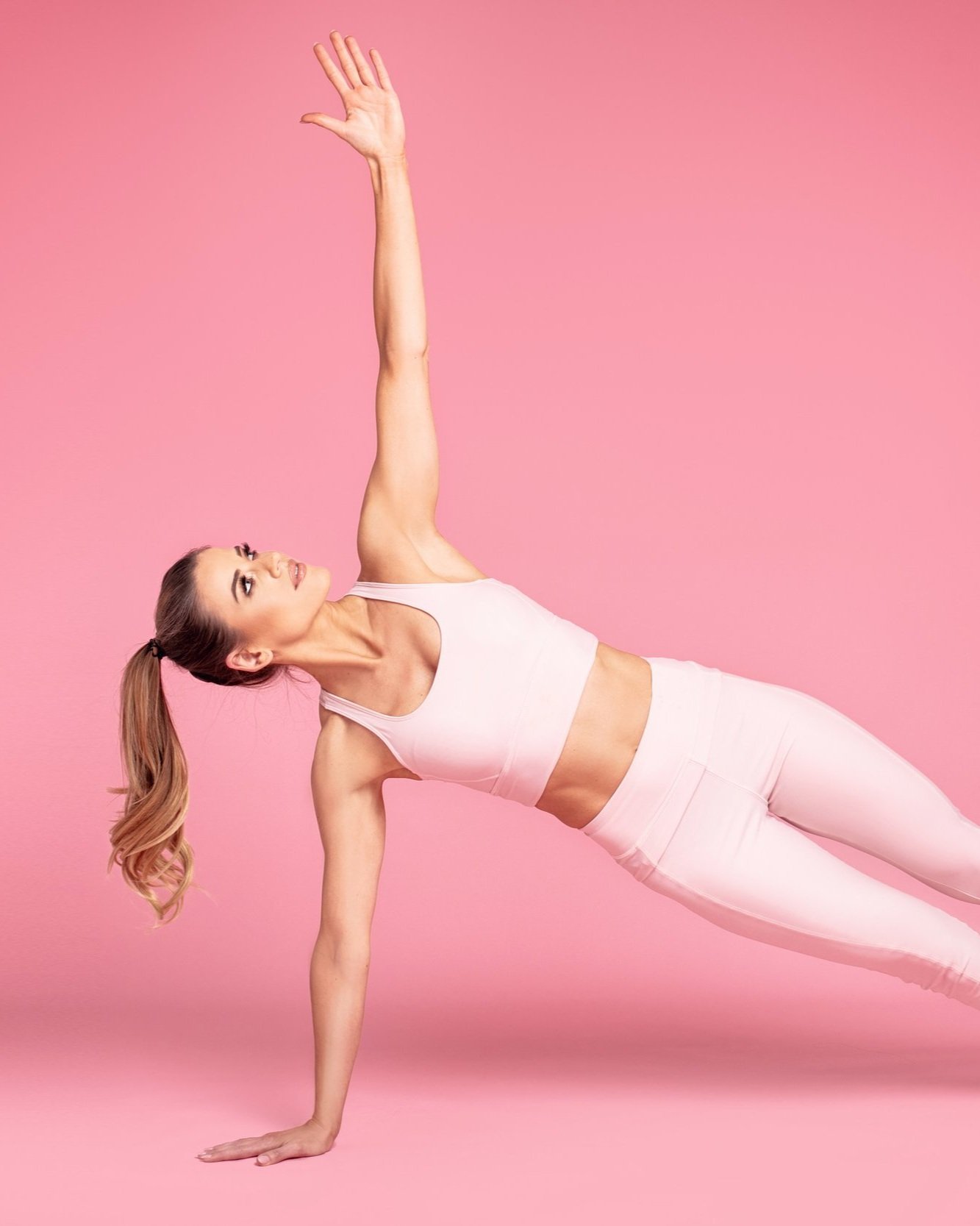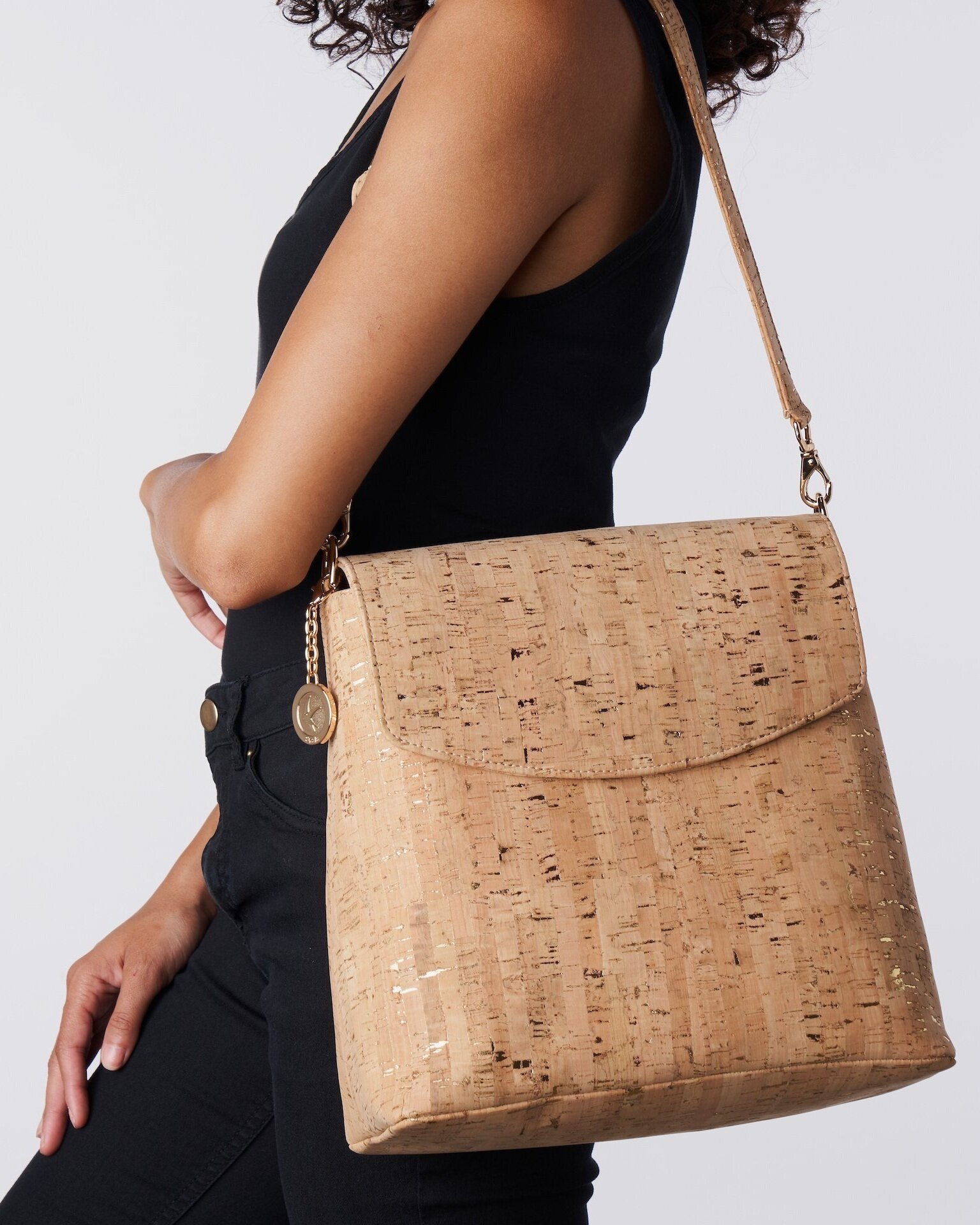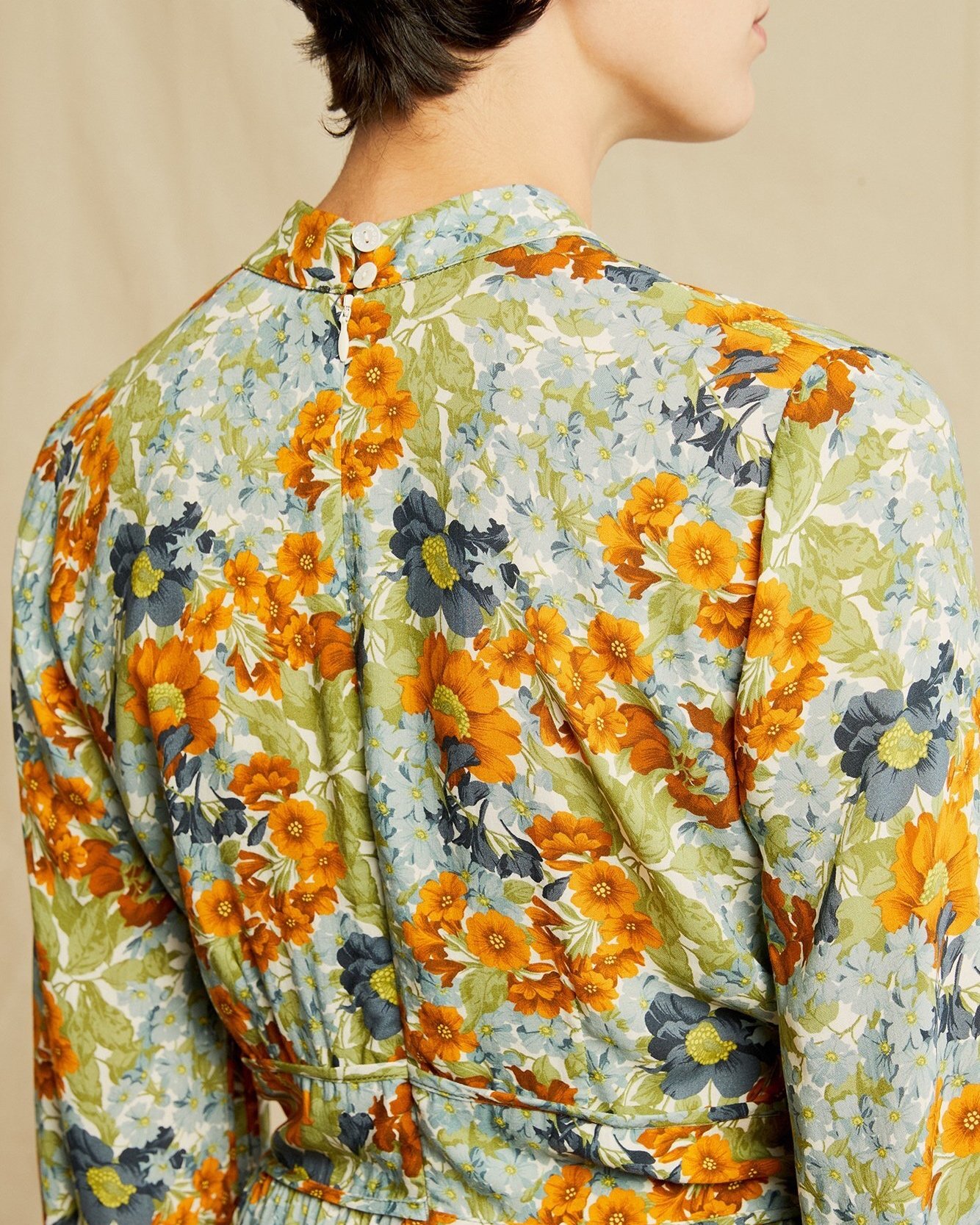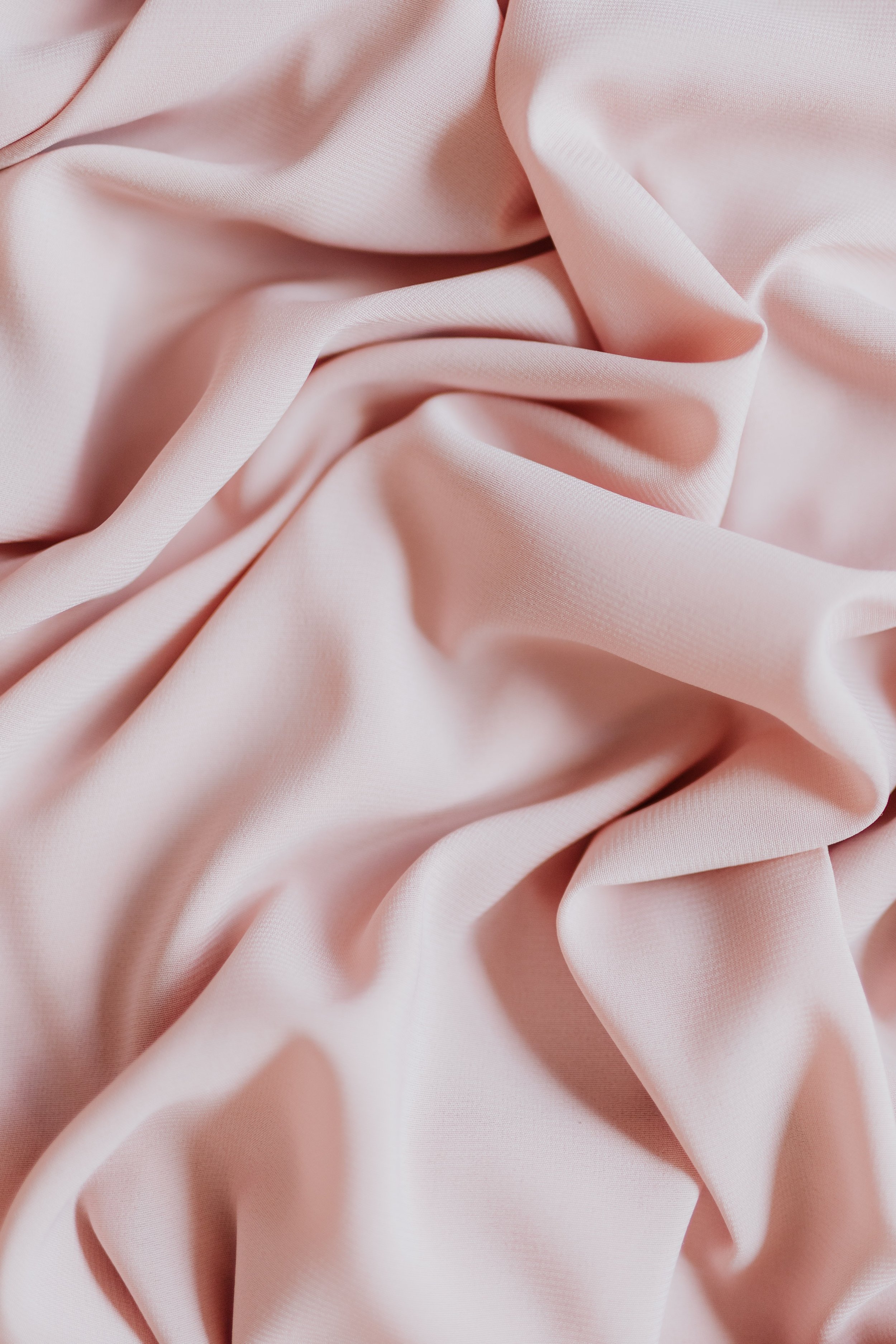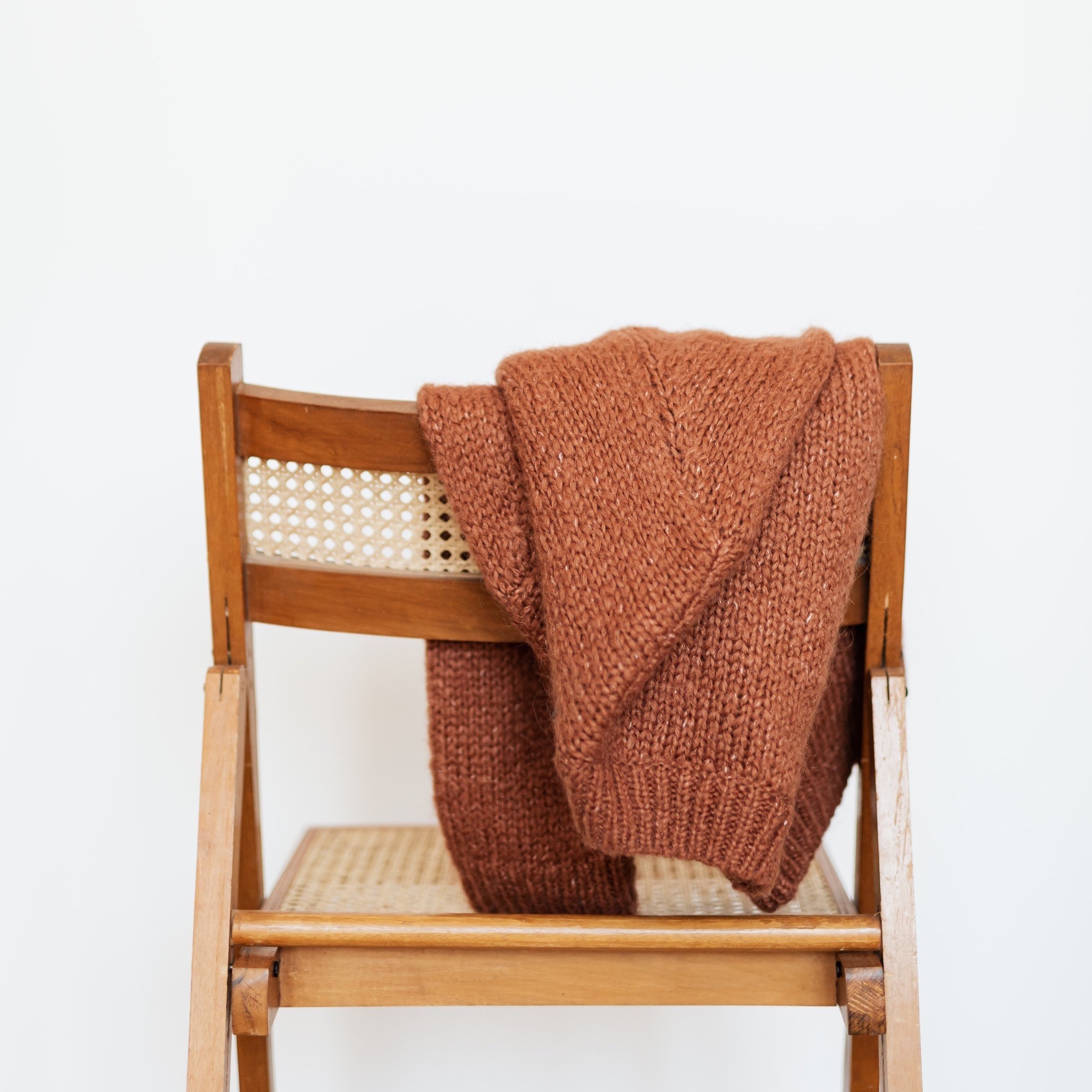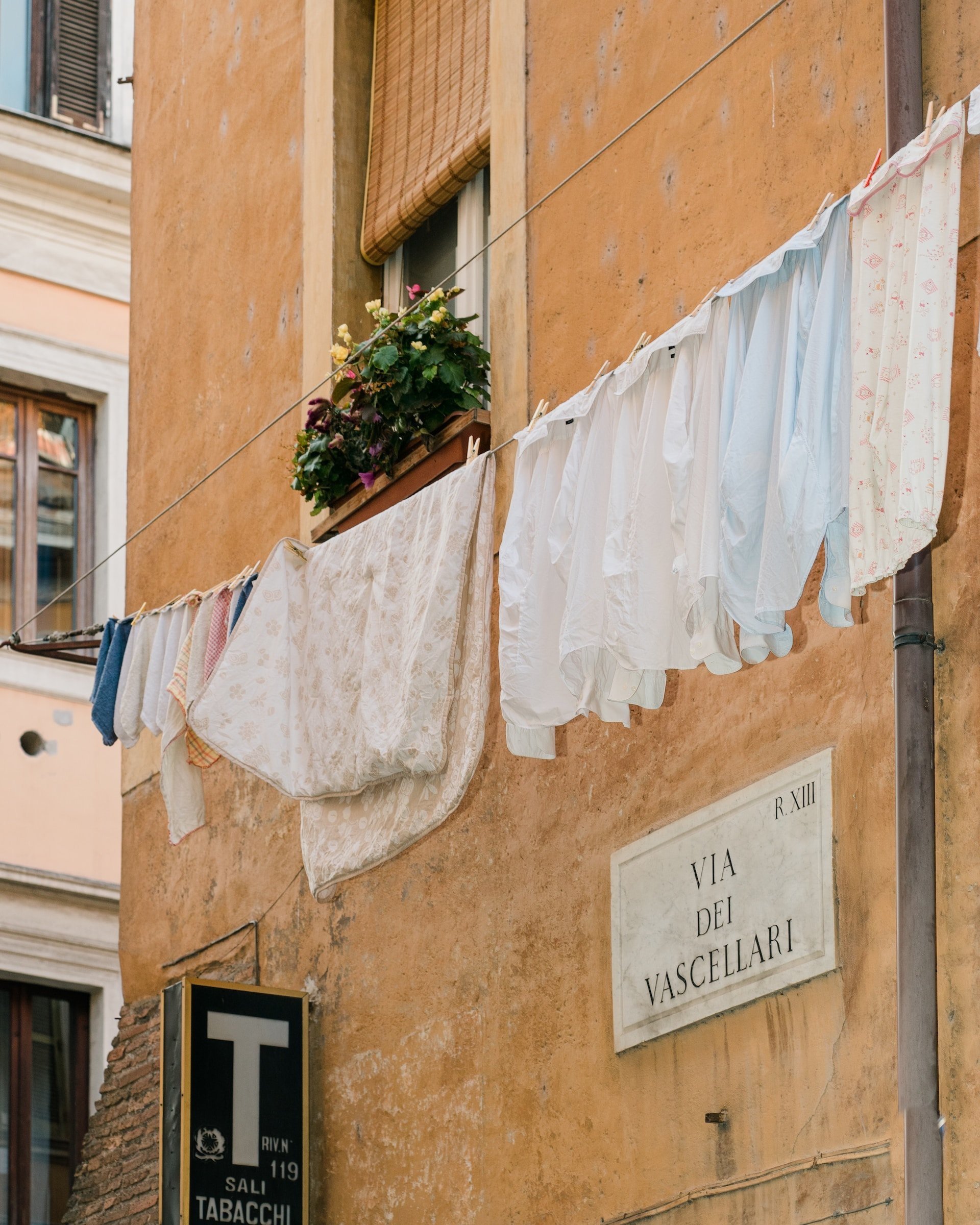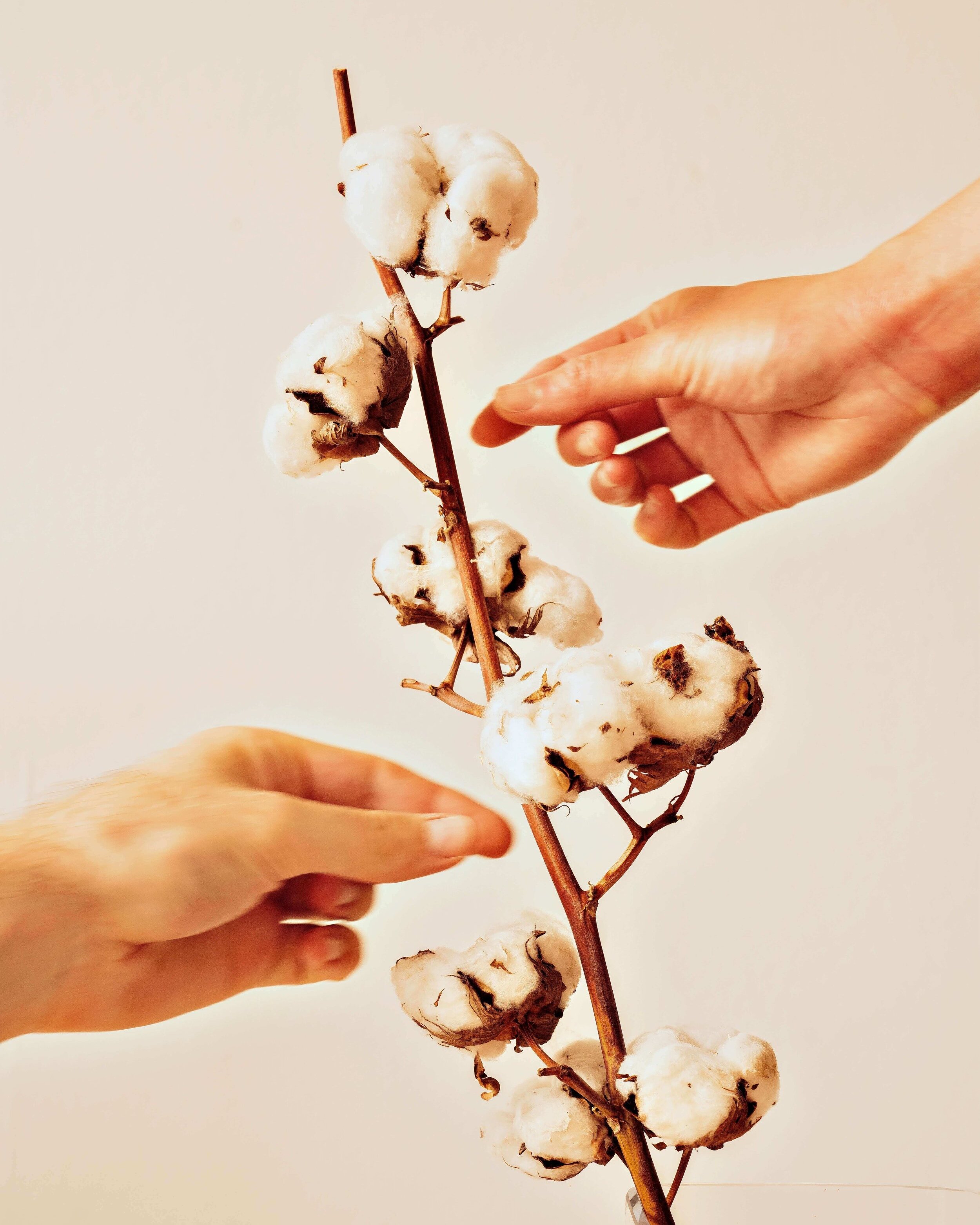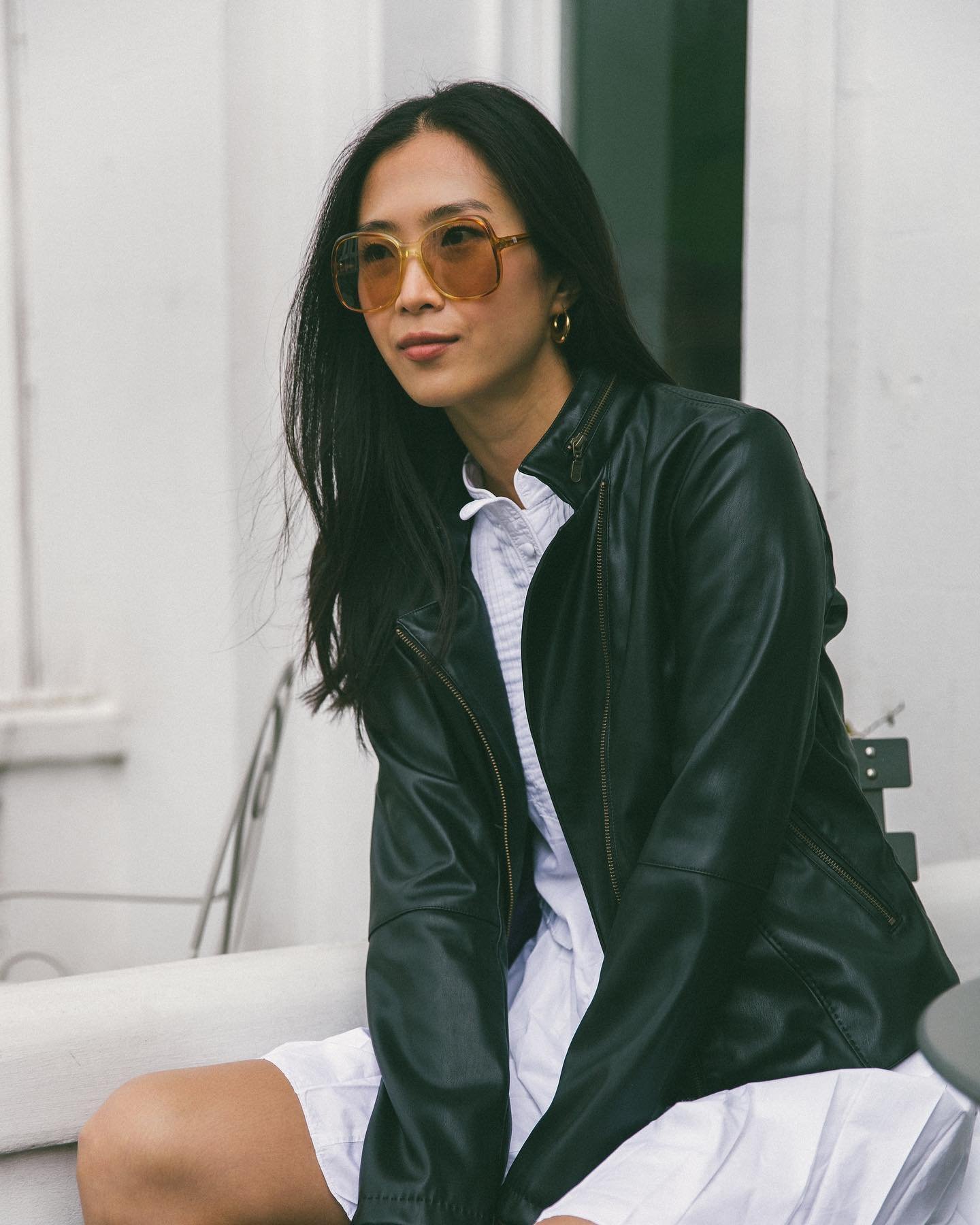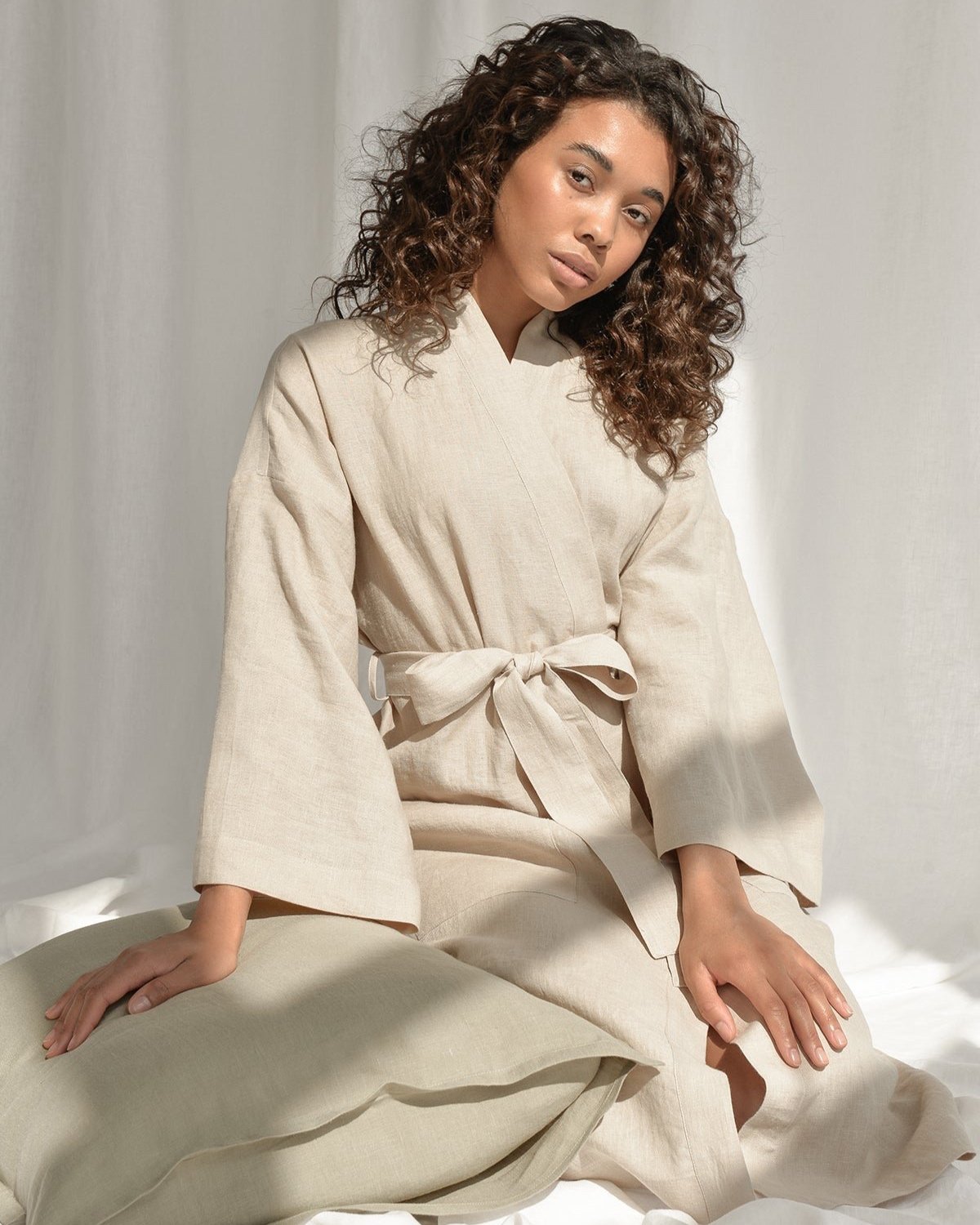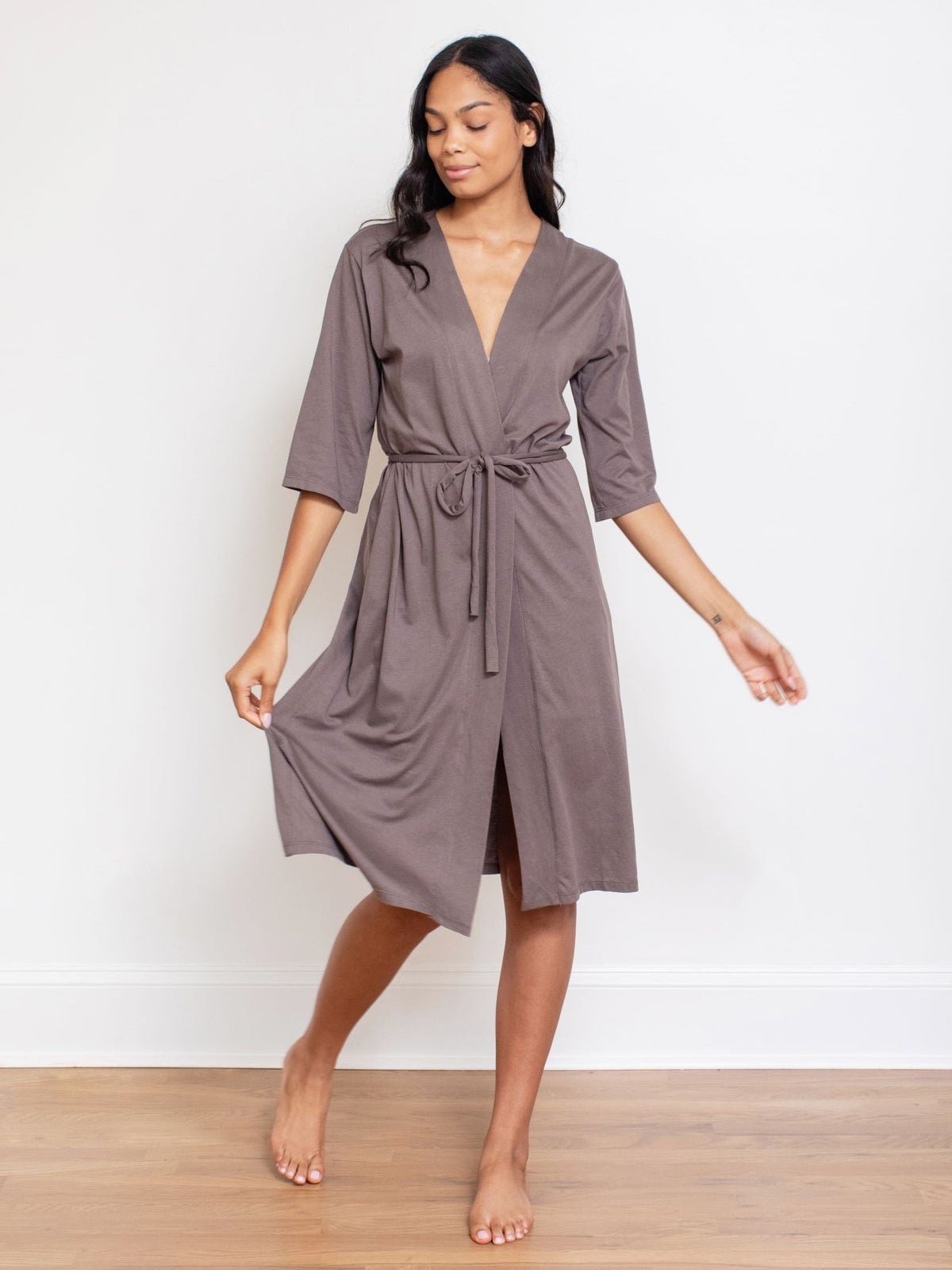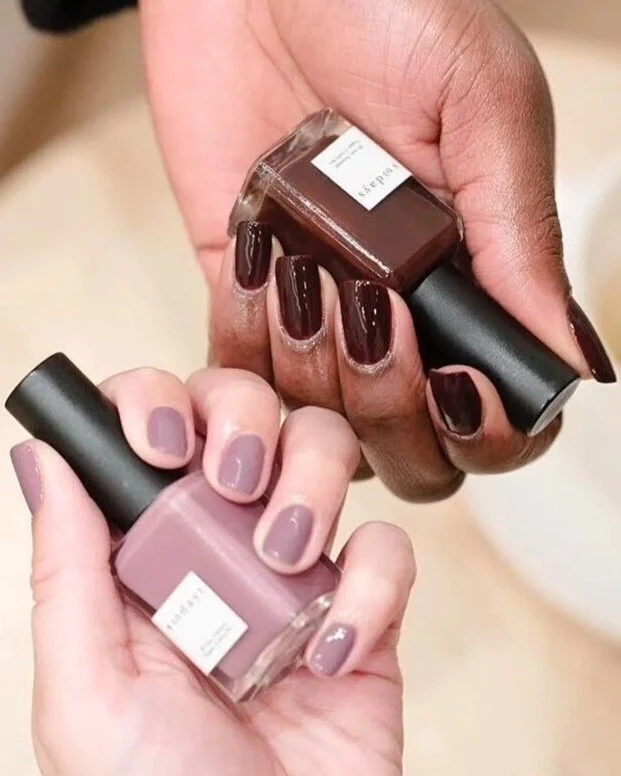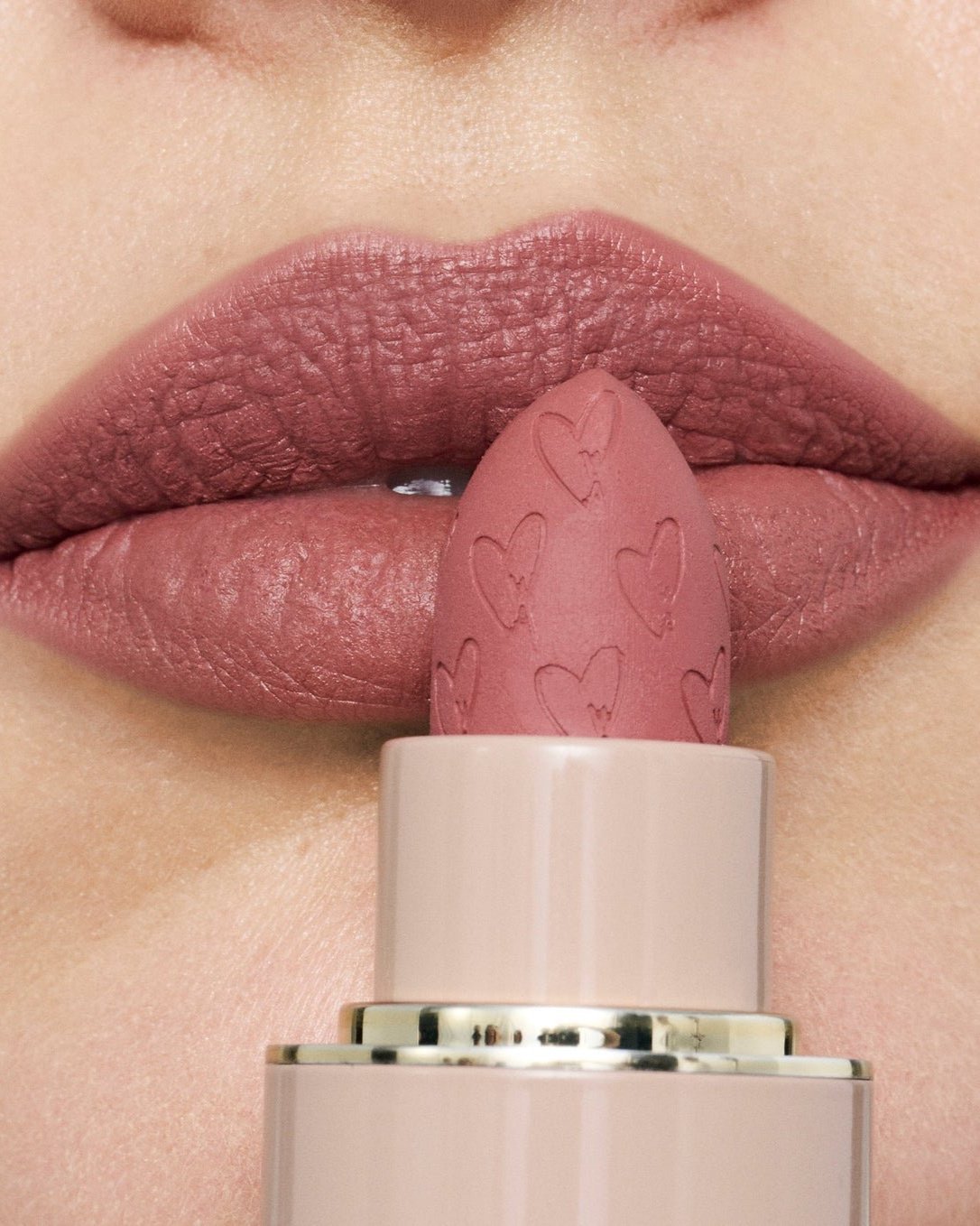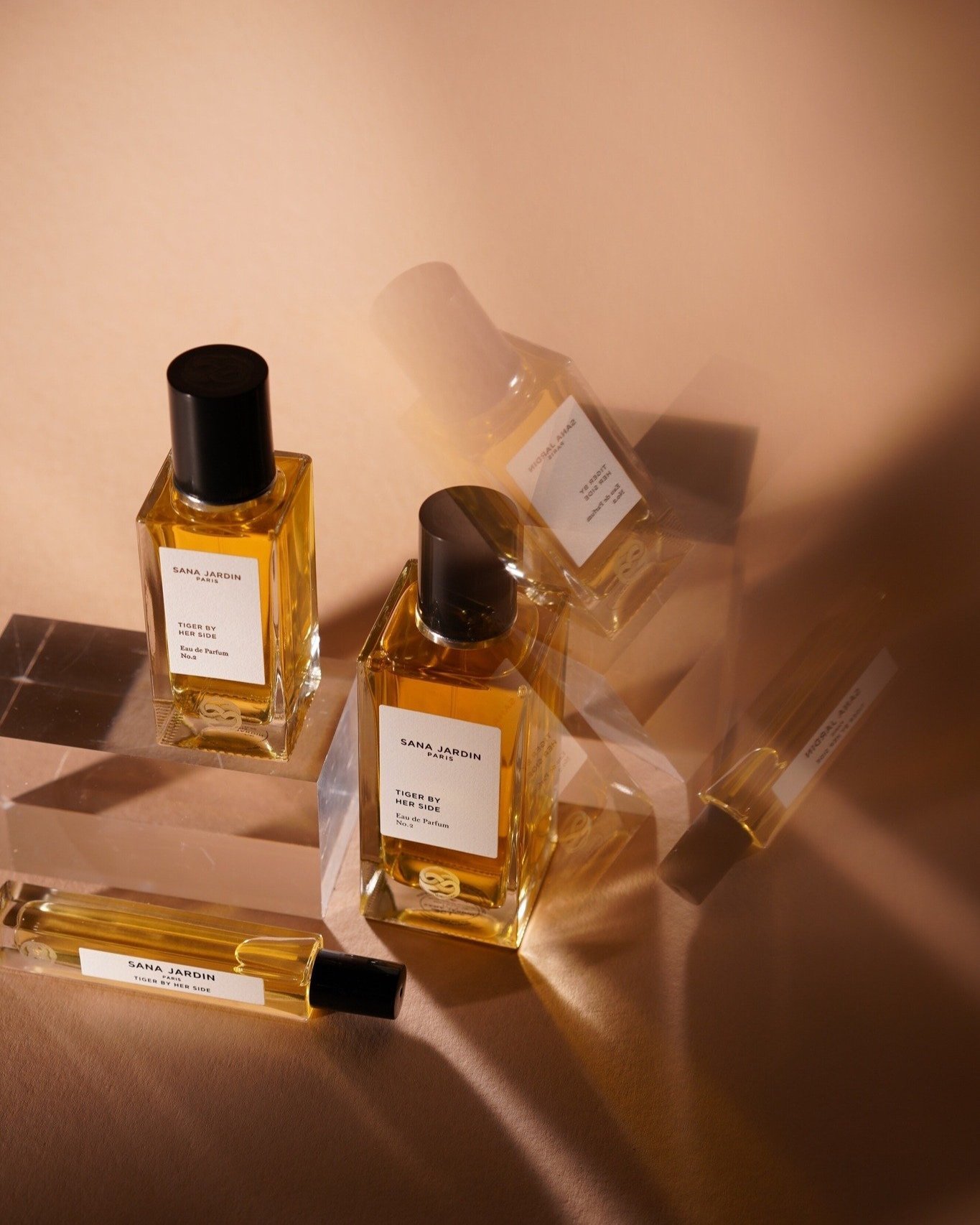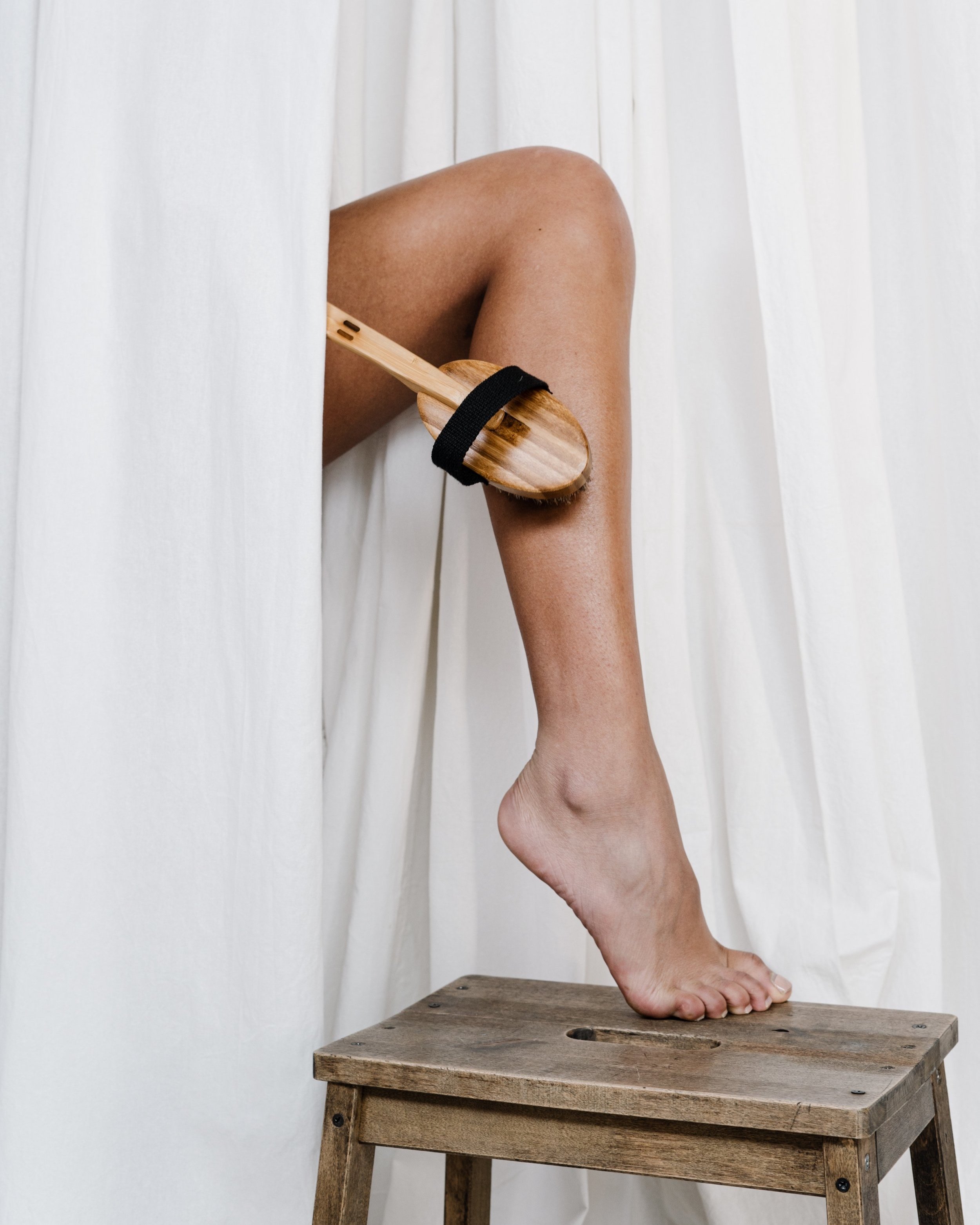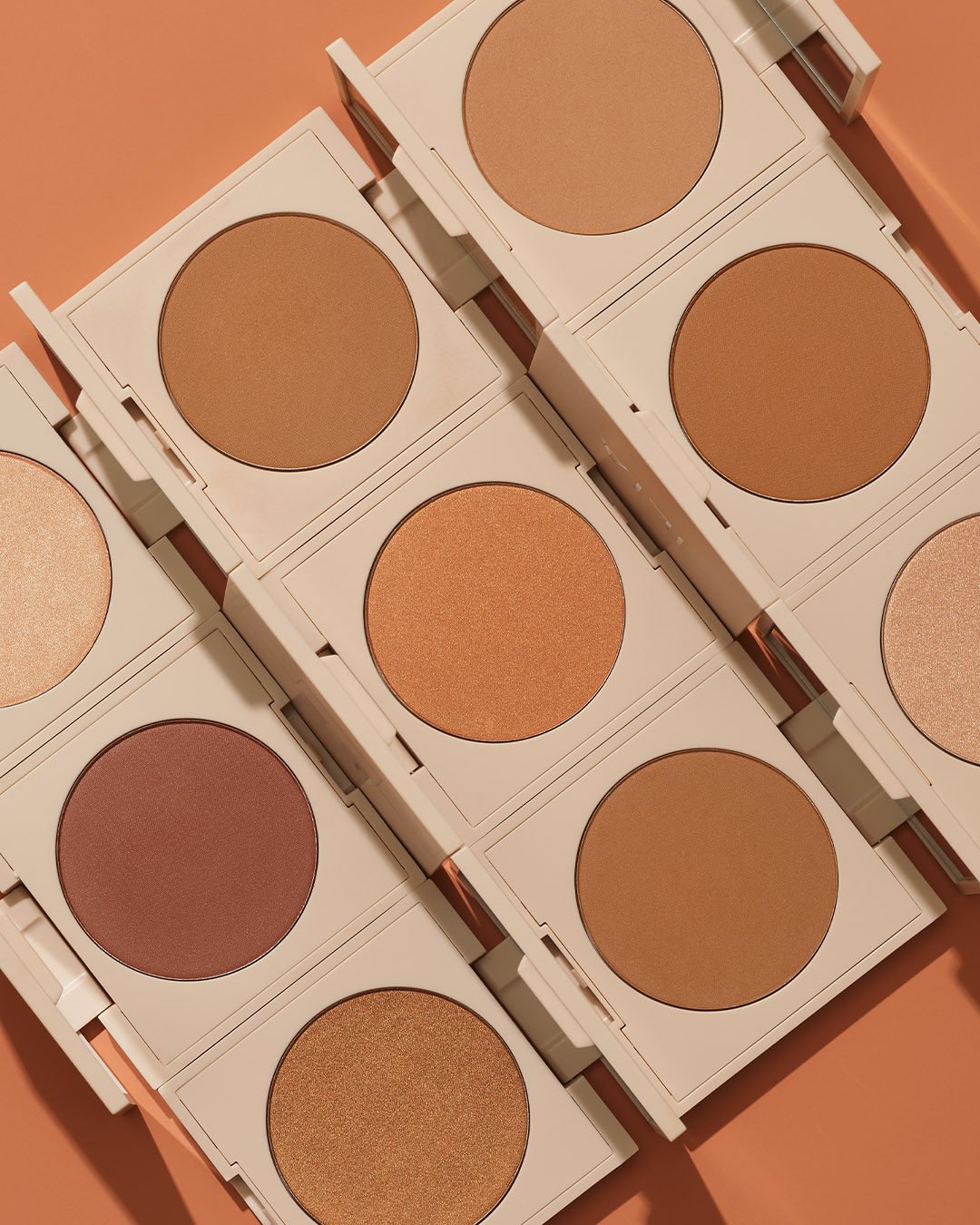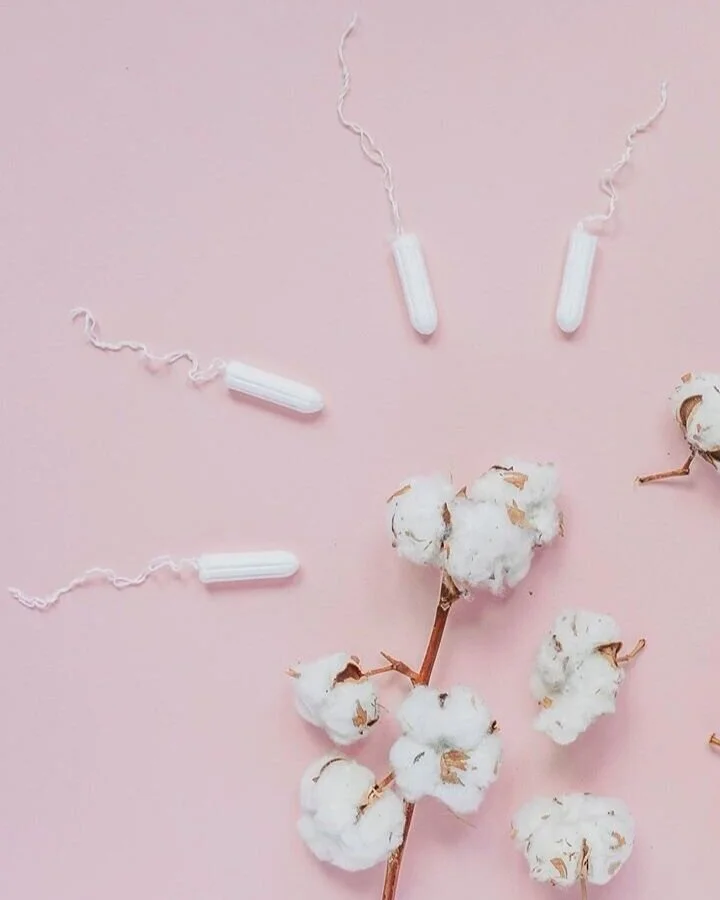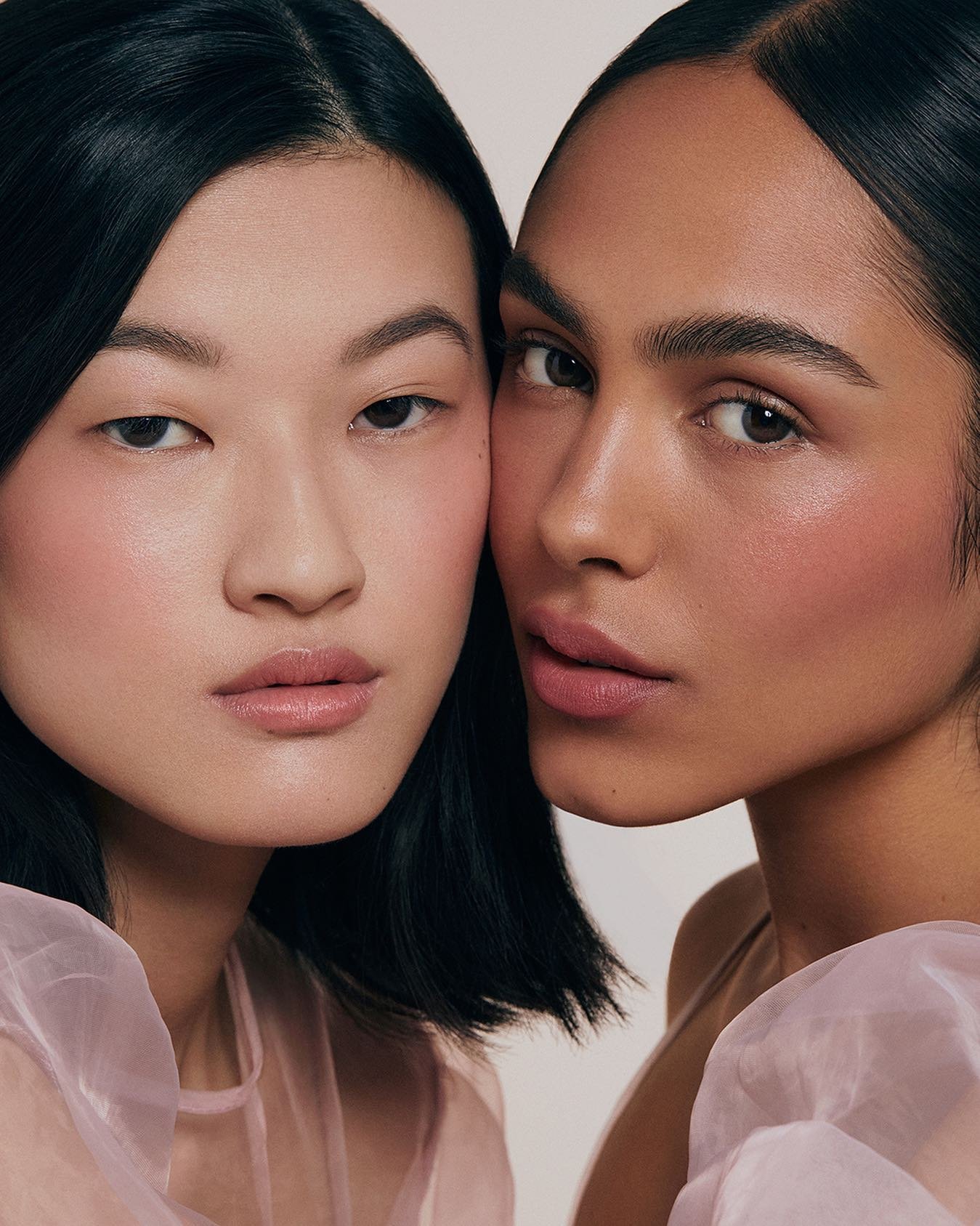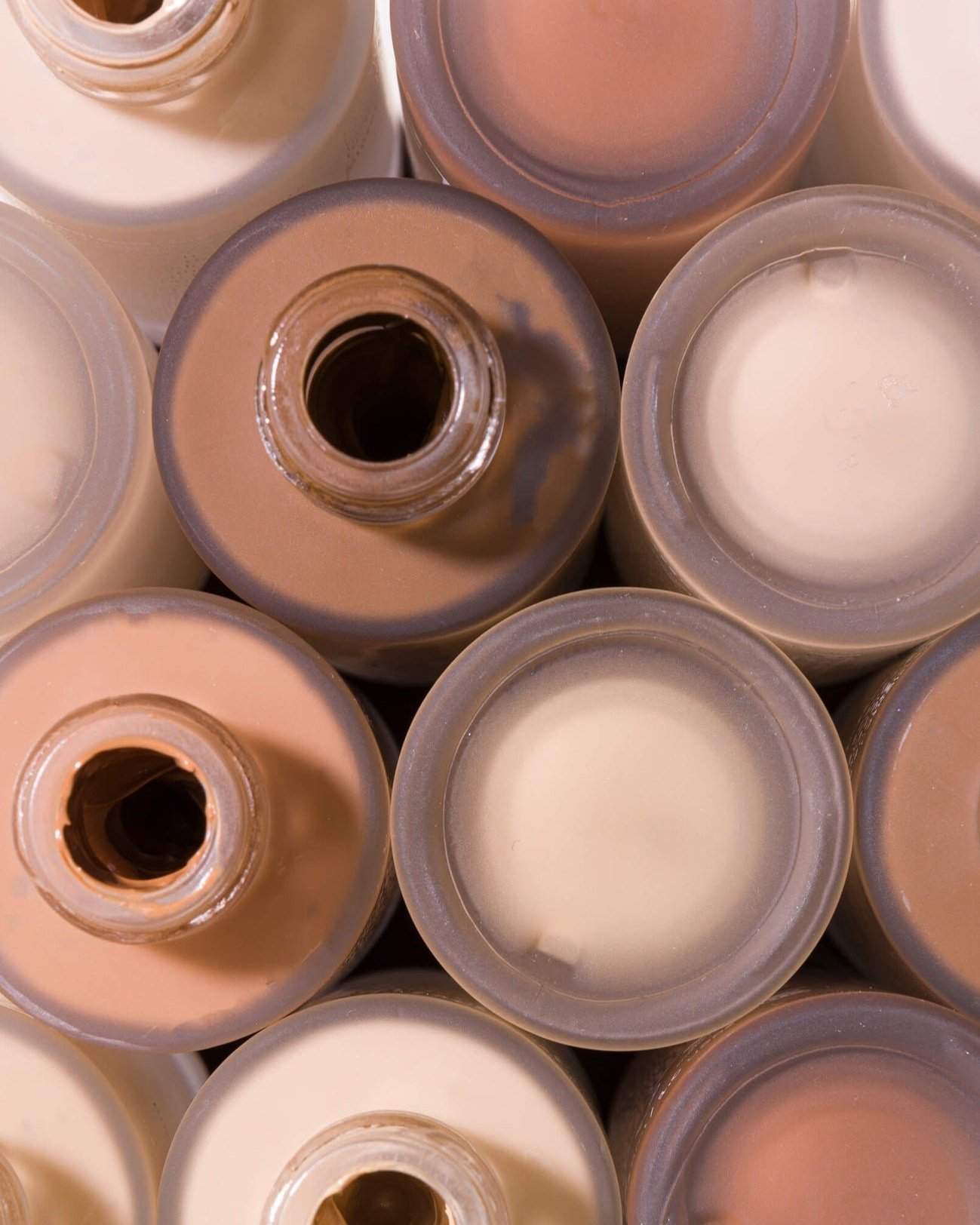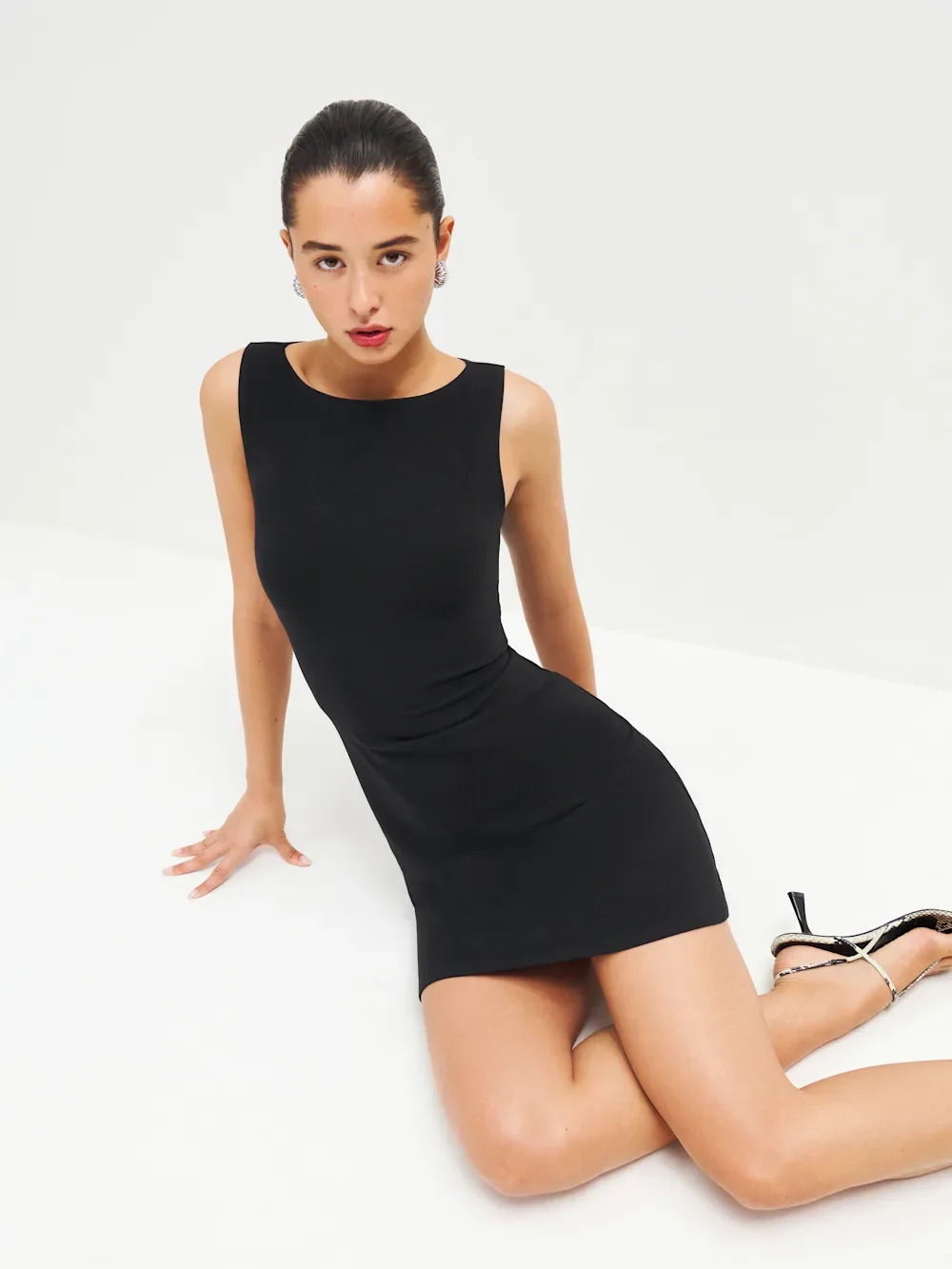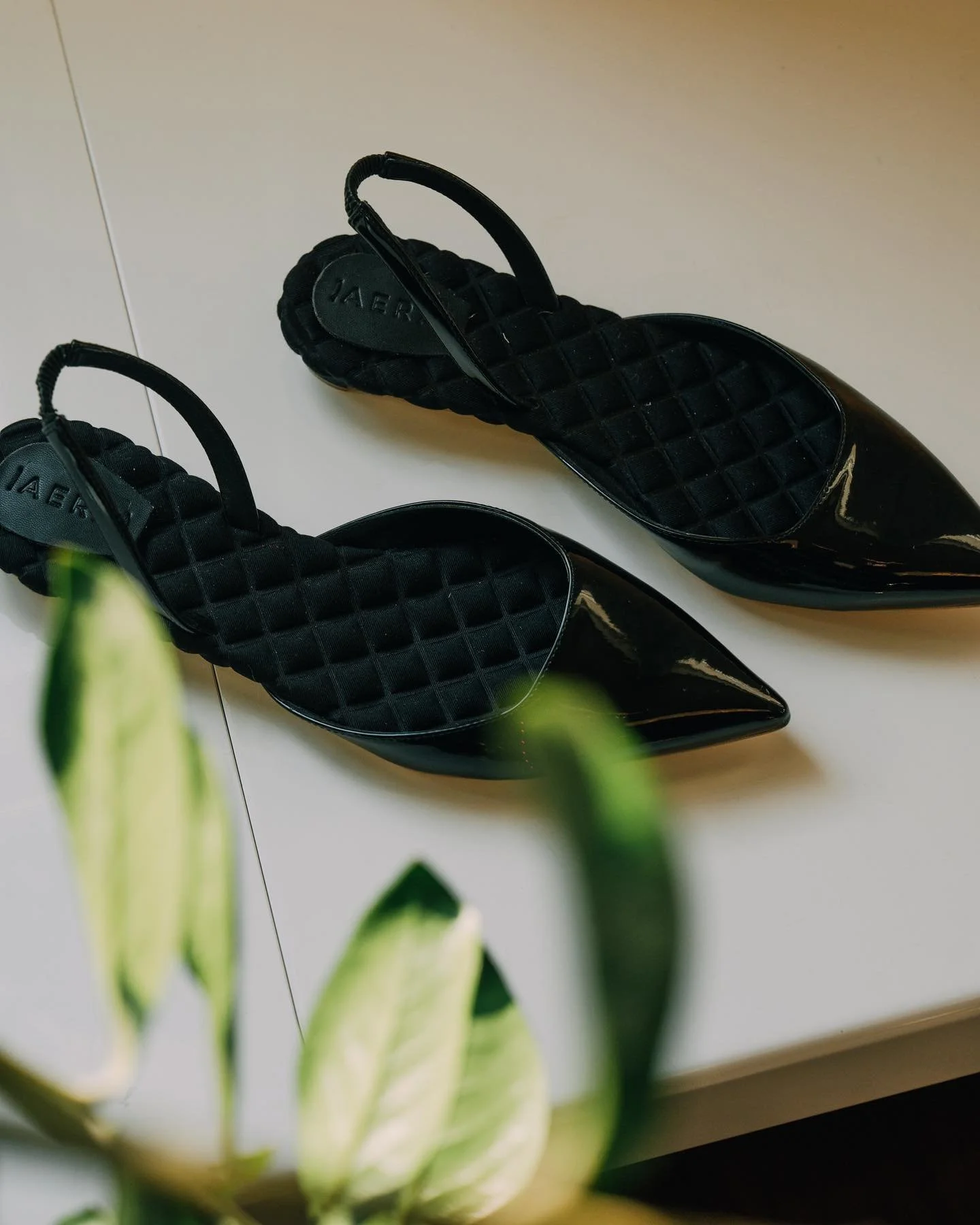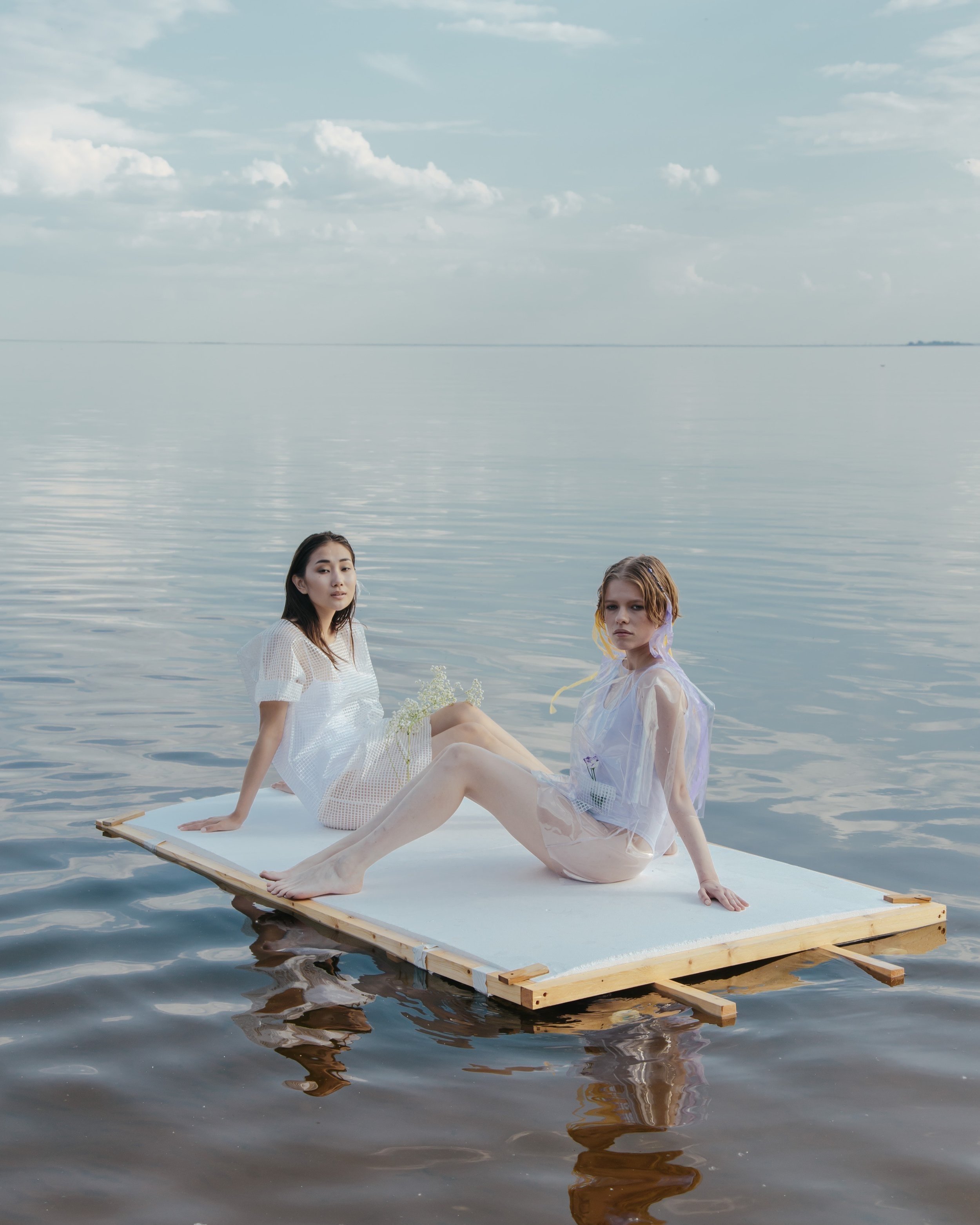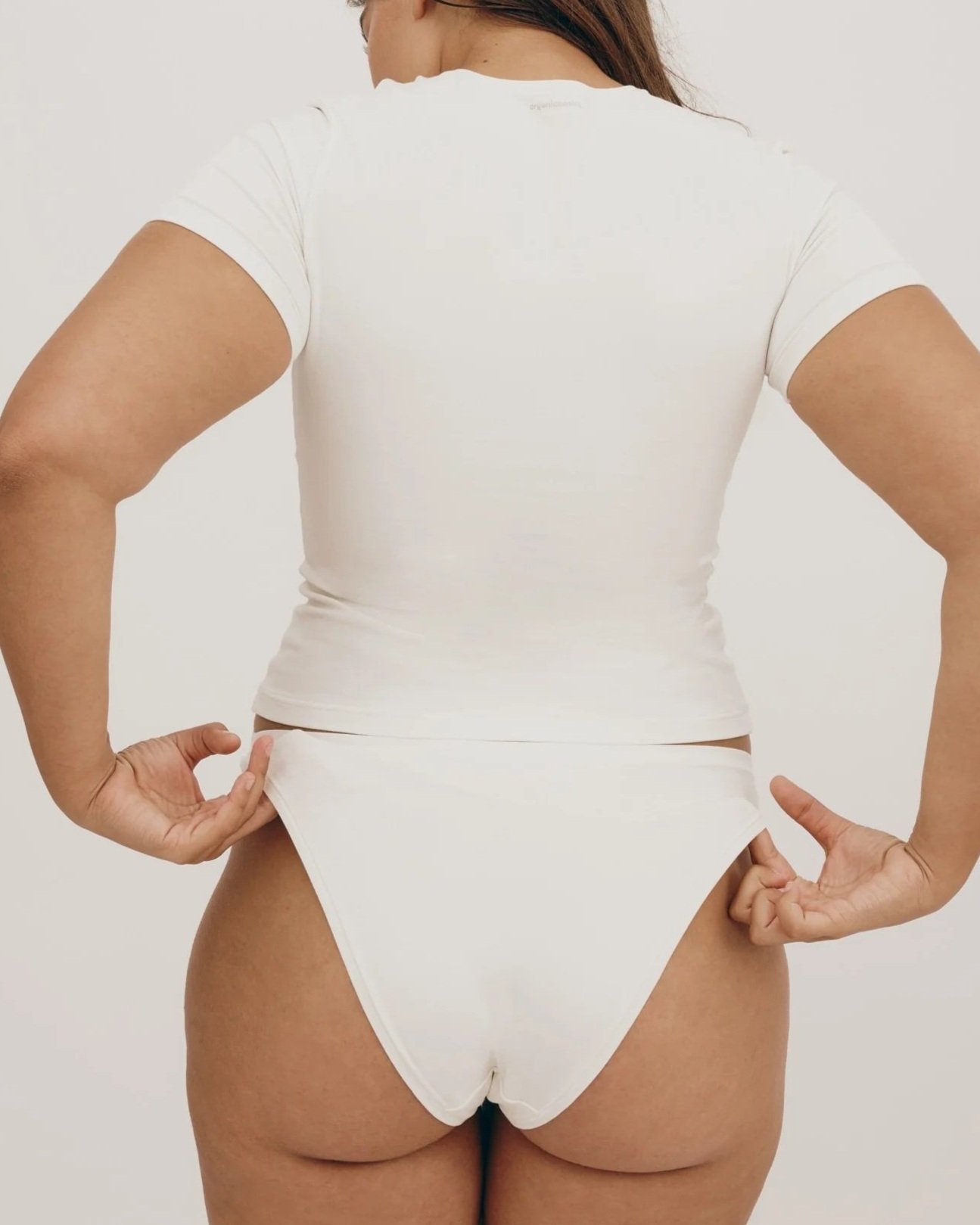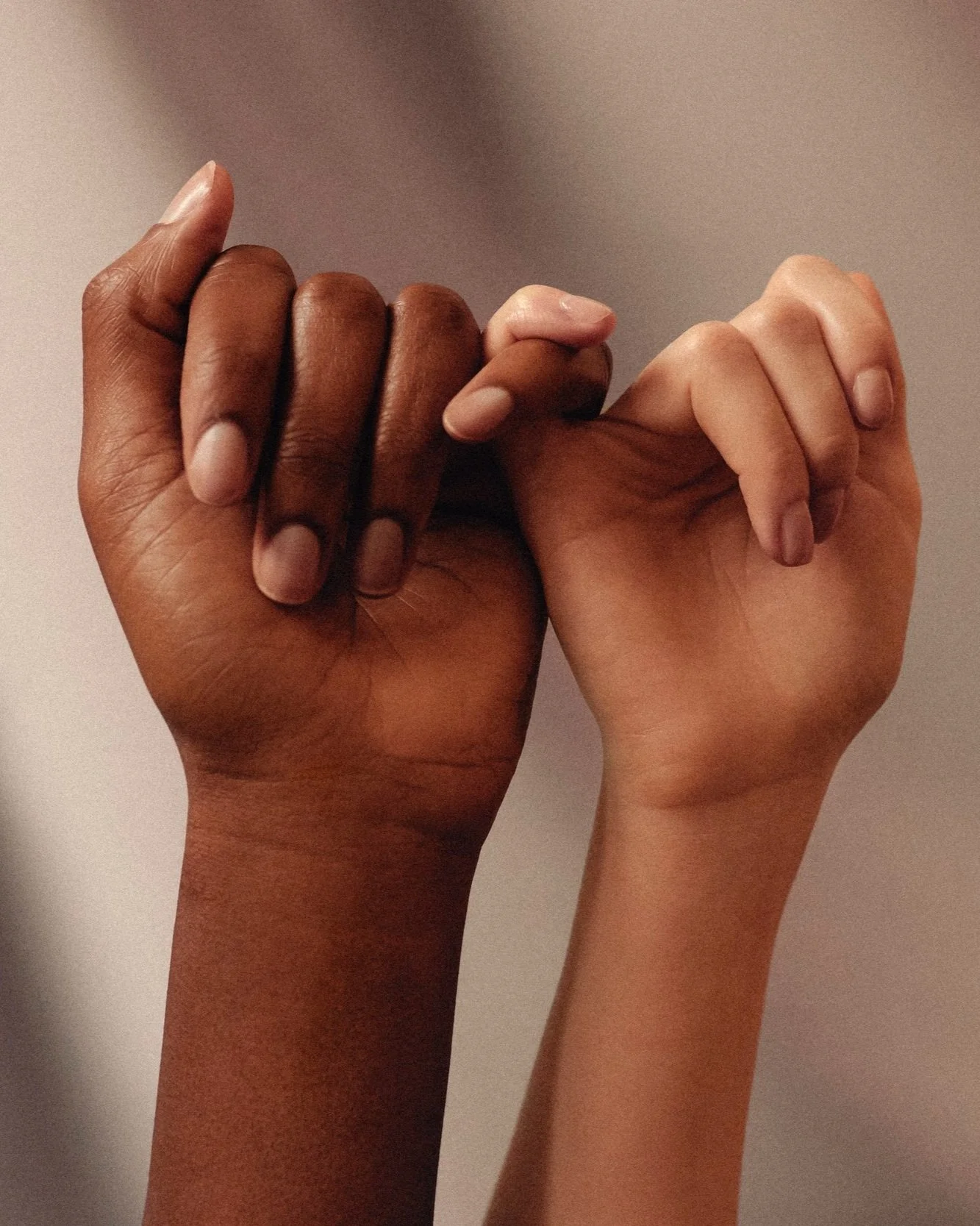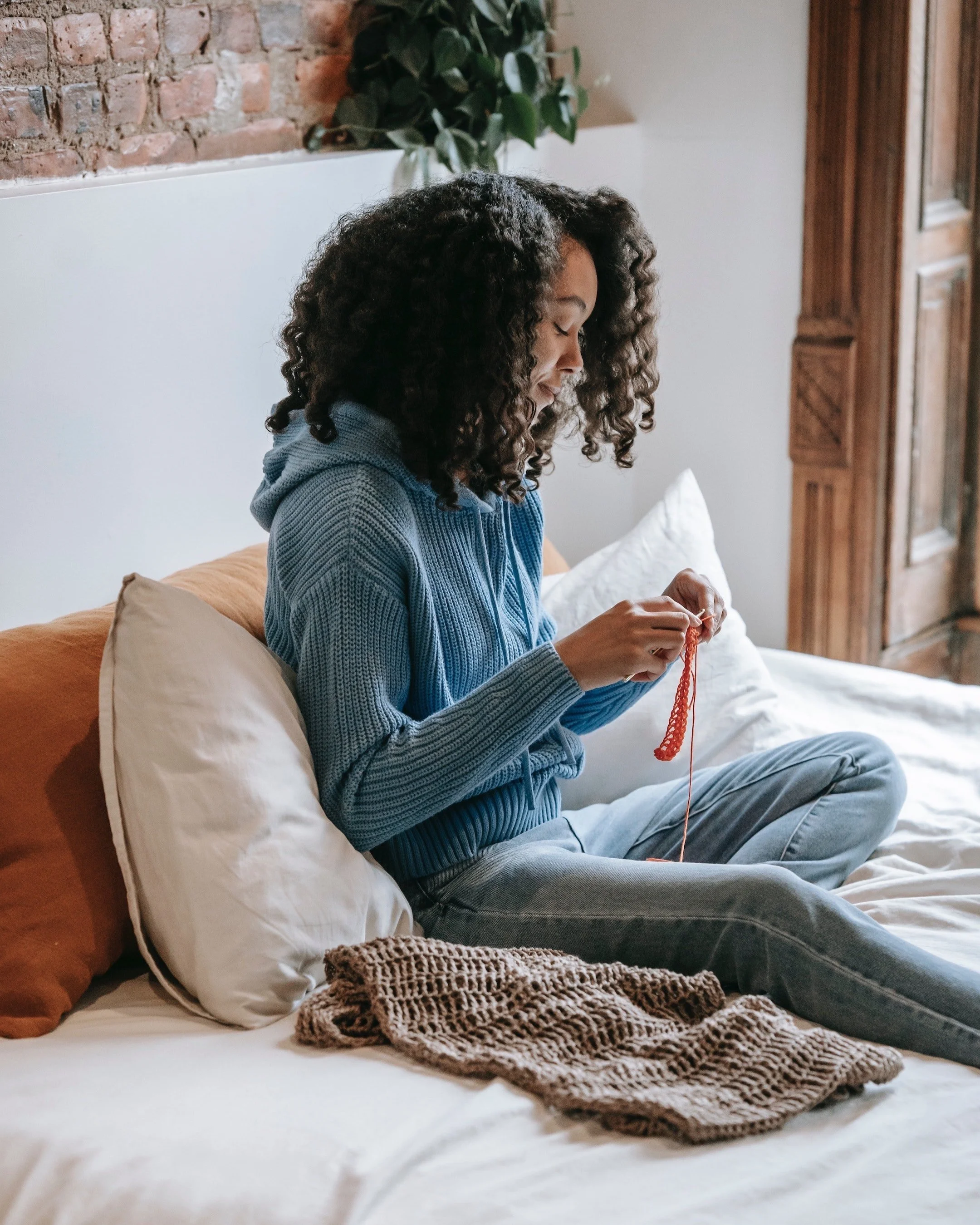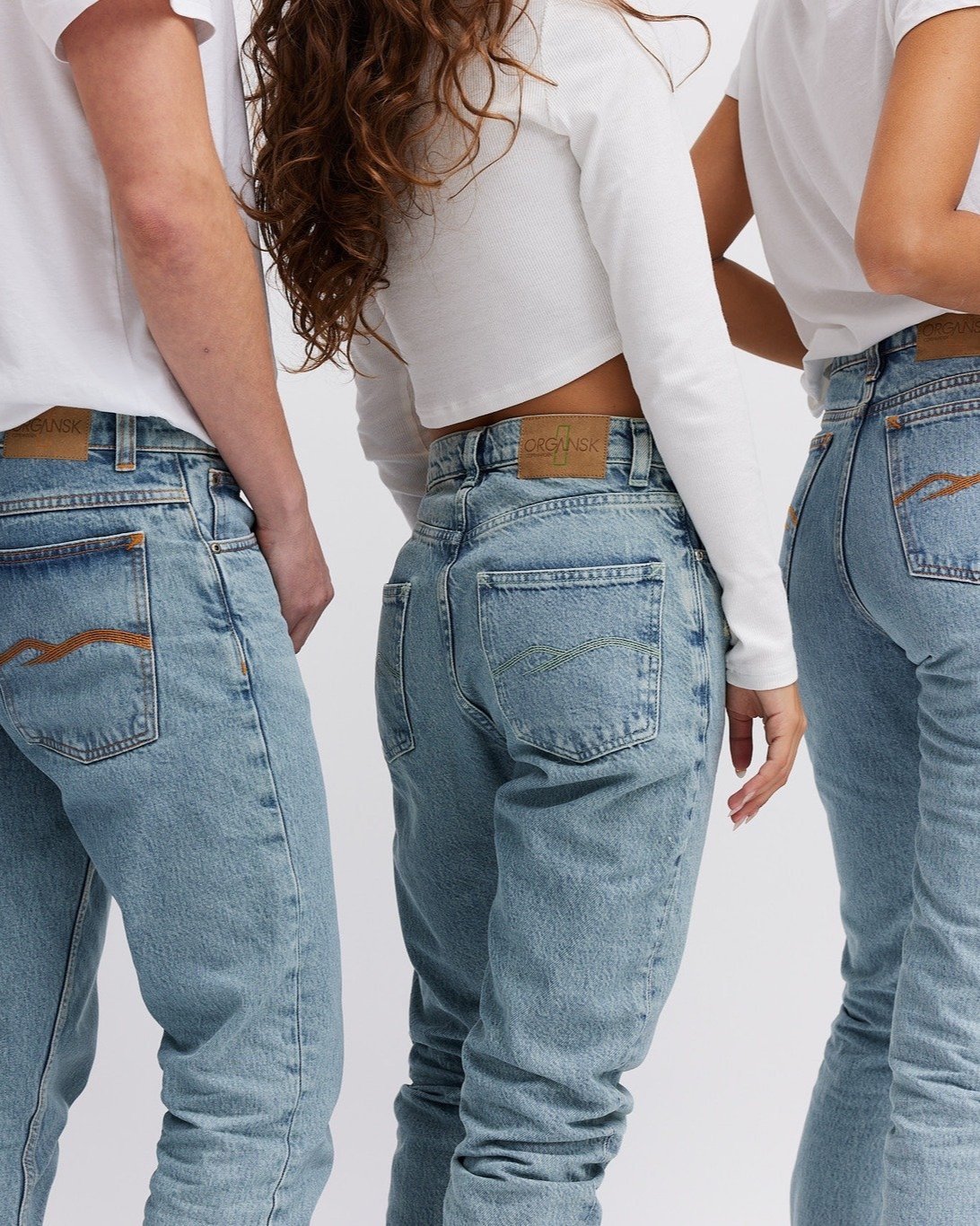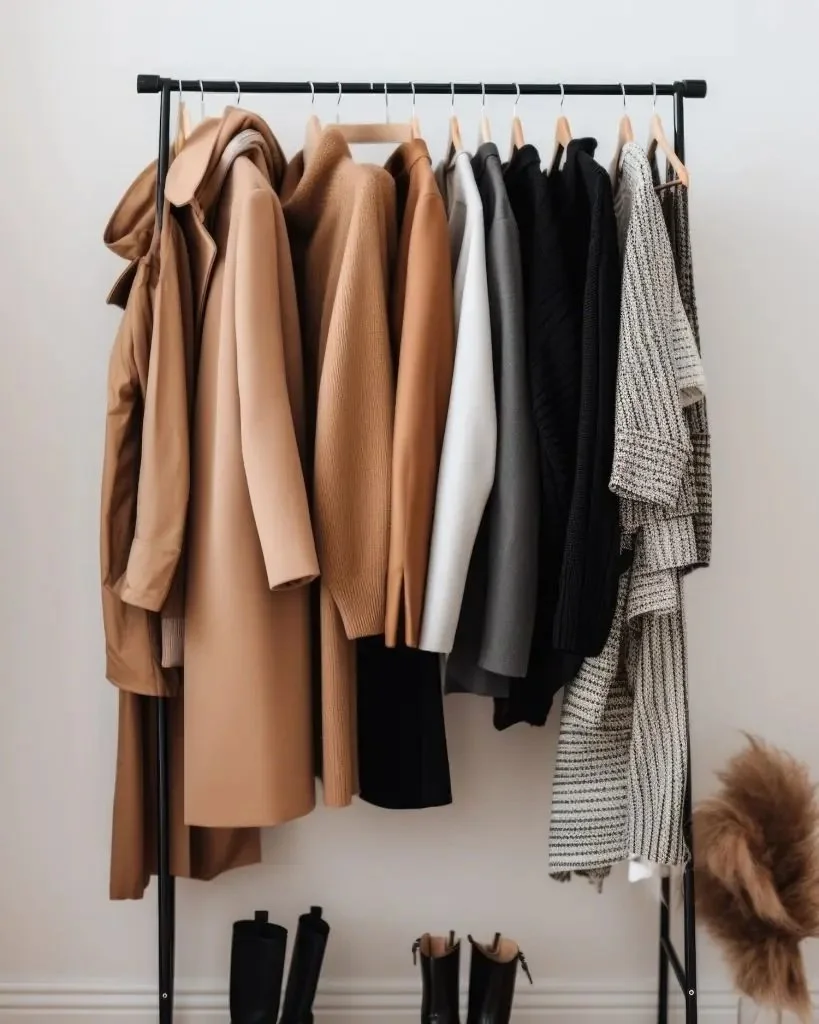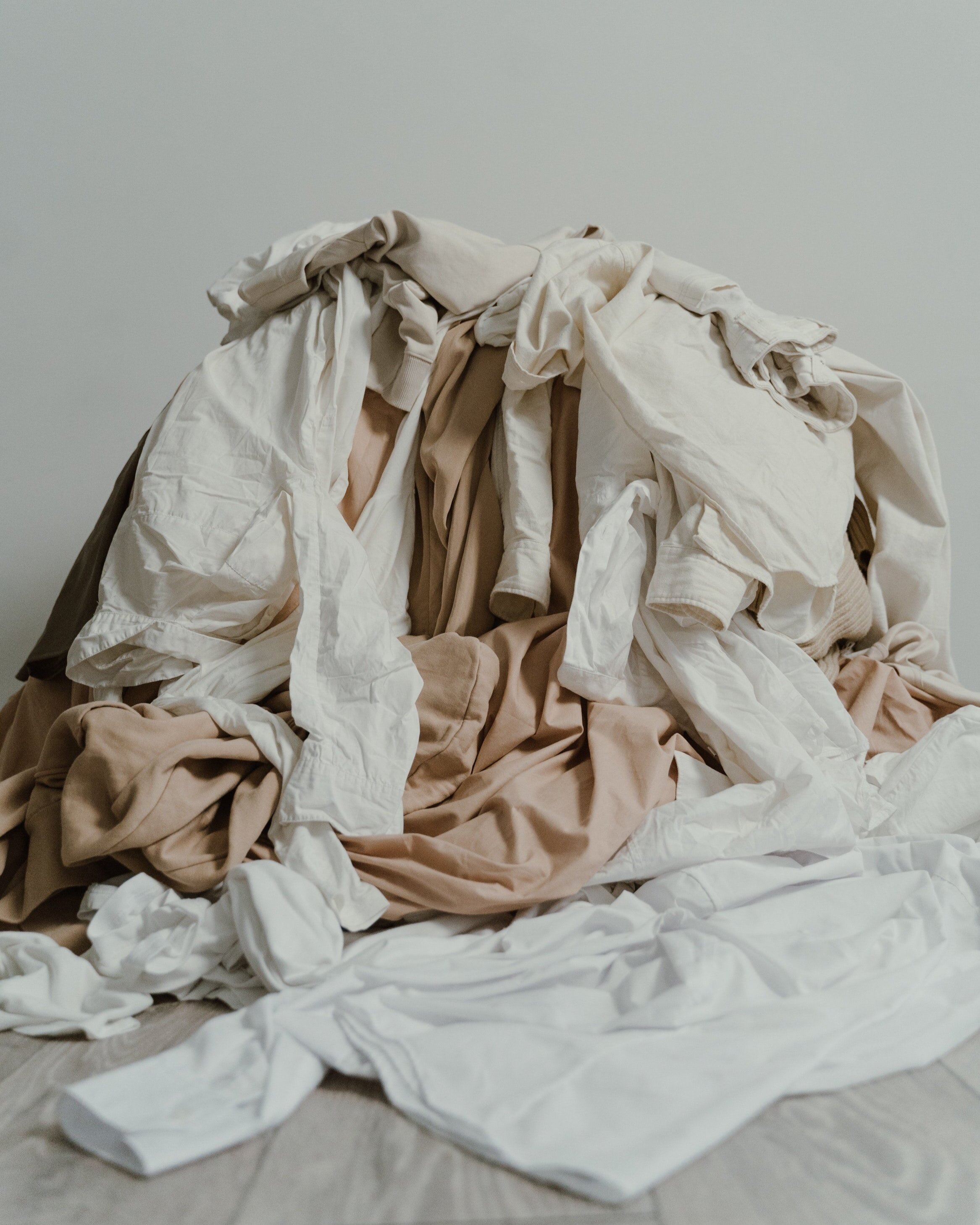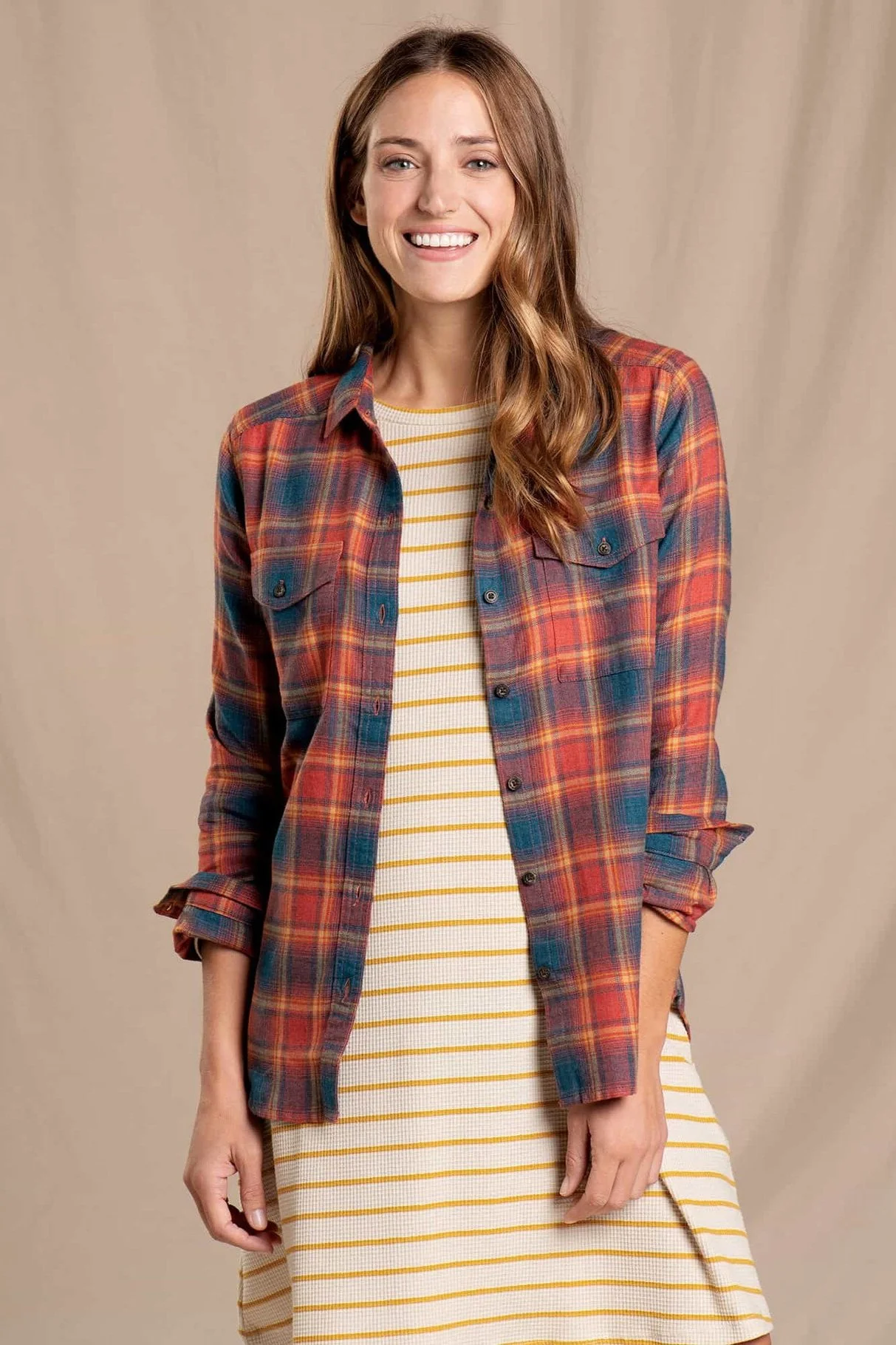Viscose and Greenwashing
Hemp. ECONYL. Modal. Tencel. Piñatex. The sustainable fashion market and social media are oversaturated with eco-friendly fabrics and alternatives to traditional materials like animal leather and virgin polyester. Are they all they’re made out to be?
A big name amongst this long list is viscose. But is it just a big fat greenwashing gimmick? We’re going to discuss viscose’s rise to fame, and the not-so-clean backstory behind it.
First up, what is viscose?
Viscose is a semi-synethic material made from cellulose, most often derived from wood pulp. It’s commonly used in the sustainable fashion world as a silk alternative due to its smooth, silky texture and glossy finish. Read more about what viscose is, how it’s prepared, and brands that use it here.
Is Viscose Ever Sustainable?
Viscose is often touted as a biodegradable alternative to synthetic fabrics like polyester, which can take thousands of years to decompose in landfills. While this is a positive characteristic, it's important to note that biodegradability alone doesn't make viscose a sustainable choice. The production of viscose raises concerns about deforestation and chemical pollution. Additionally, the manufacturing process of viscose can be highly water-intensive, starting from the watering of trees to the significant water requirements during processing. These environmental considerations highlight the complexity of evaluating the sustainability of viscose as a fabric.
Thankfully, there exist alternative methods for producing viscose that are significantly more environmentally sustainable. While these processes may incur higher costs, it is imperative for brands to unequivocally demonstrate their commitment to prioritizing environmental conservation over financial gain if they opt for these methods. Given that the existence of fashion is intrinsically linked to the preservation of our planet Earth, making the choice to adopt these sustainable practices should be an unequivocal decision for all involved stakeholders - but, sadly, that is not the case.
It's unfortunate that many brands are not prioritizing the use of more sustainable viscose fabrics and are instead using the name to create an illusion of being eco-friendly. This practice is a significant problem within the industry known as greenwashing, where brands mislead consumers about the environmental benefits of their products. As a result, most consumers struggle to distinguish between genuinely sustainable viscose fabrics and those that are not.
What is Greenwashing?
Greenwashing is a deceptive marketing tactic used by companies to portray themselves as environmentally friendly or sustainable when, in reality, they may not be. This strategy aims to create the false impression that a company prioritizes the well-being of the planet and its inhabitants, even though many fail to live up to their purported environmentally conscious image. According to a report published by TerraChoice Environmental Marketing, a staggering 95% of products labeled as "green" are, in fact, guilty of greenwashing.
Viscose is often used by brands to enhance their sustainability image due to its biodegradable properties. However, there is limited transparency regarding the sourcing of these fabrics and the production processes involved in creating garments from them.
Viscose and Fashion Brands
“Deforestation continues to be a problem,” says Nicole Rycroft, founder of Canopy, a Vancouver-based NGO committed to protecting endangered forests.
“It’s 2024 – surely we are smarter than mowing down 1,000-year-old trees to make T-shirts.” Roughly 300 million trees are logged each year to make viscose. And what’s worse, a significant percentage of this comes from endangered forests in Brazil, Indonesia, and Canada. “We’ve also noted old-growth forests in Australia – koala habitats – disappearing into the viscose supply-chain. And it’s coming from plantations in Indonesia on peatlands that are incredibly high-carbon,” adds Rycroft.
Many eco-friendly fashion brands tout viscose as one of their most used “sustainable” materials. It’s (mostly) natural, zero plastic, biodegradable, renewable (technically, trees can grow) - for a while, wood pulp has been hailed as a great sustainable alternative to silks and other materials.
And that’s the real danger behind viscose. There are plenty of materials that are equally bad, if not worse, for the planet than viscose, but the fact that it has been branded as eco-friendly is what makes it so dangerous. In the conversation around greenwashing, viscose is a notorious player.
Are the brands to blame? Some think so. “The villains are the brands that don’t disclose any information about their supply chain,” says Dr Kate Hobson-Lloyd, fashion ratings manager at the sustainability ratings app Good on You. “That’s not limited to fast-fashion brands – plenty of high-end brands have poor disclosure.”
(check out this guide by the Harvard Business Review about what supply chain transparency means and why it’s so important).
The latest Transparency Index from Fashion Revolution highlighted the pretty abysmal state of supply chain transparency in the fashion industry. It found that while 96% of the industry’s carbon emissions are created at the manufacturing stage, only 8% of companies disclosed renewable energy target for their supply chains. It also stated that most brands fail to disclose how they interact with communities and how workers in their supply chains are affected by the disruptions caused by climate change.
Some have the opinion that a lack of enforcement around transparency and traceability is to blame, due to which brands are not held accountable for unsustainable or ethical practices. “Voluntary measures only get you so far, and it hasn’t been mandated by regulations yet”, says Shruti Singh, head of Fashion Revolution India. Many brands “will just wait for legislation before mapping their supply chains.”
If you are wanting to find brands who use more sustainable viscose, check out this post here.
MAKE SURE TO PIN THE PHOTO BELOW TO SAVE THIS POST FOR LATER!
Searching for SUSTAINABLE BRANDS?
The Brand Directory features hundreds of sustainable brands approved by us!
We have broken everything down by category for easy shopping, along with discount codes unique to Sustainably Chic viewers.




